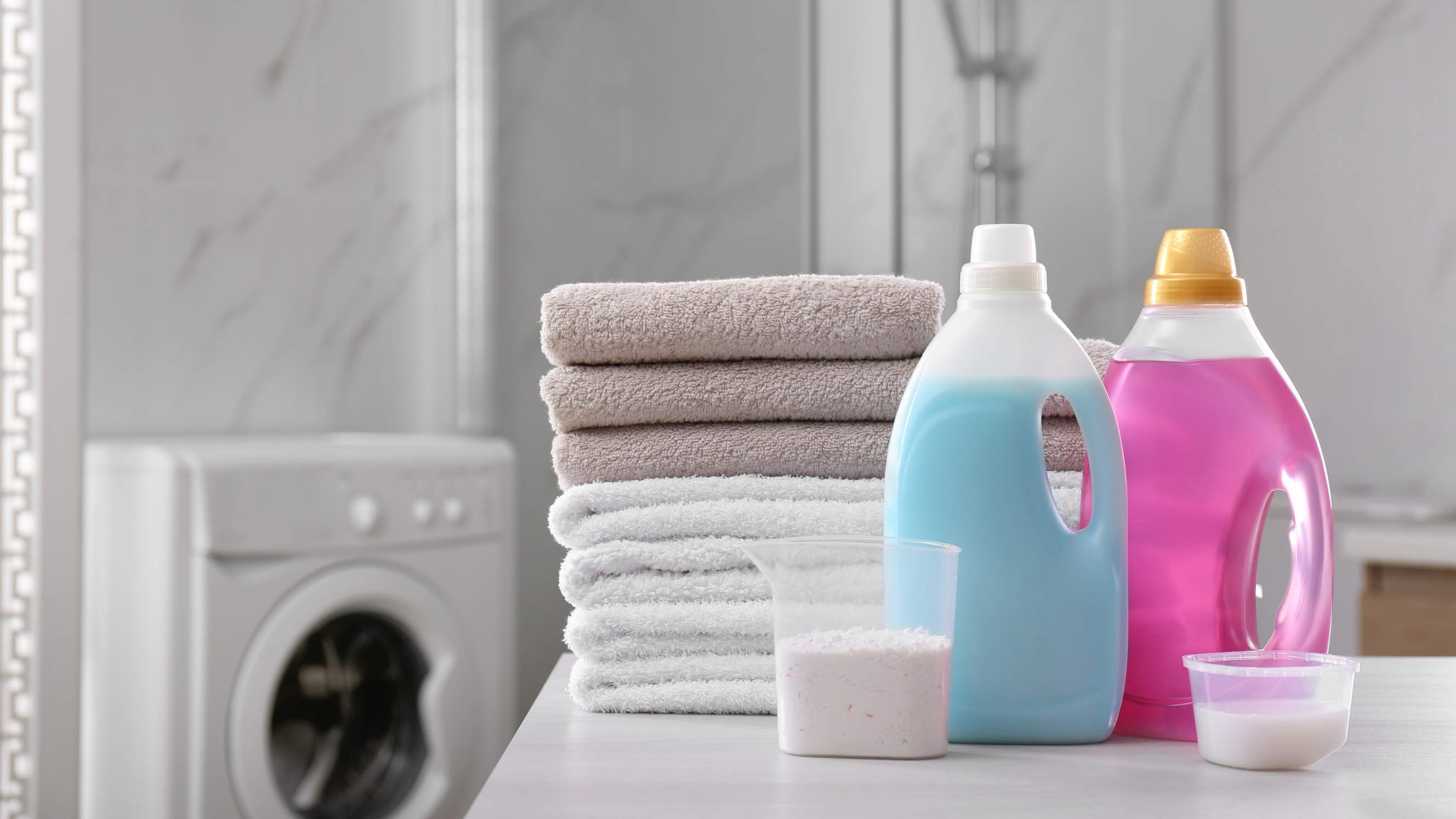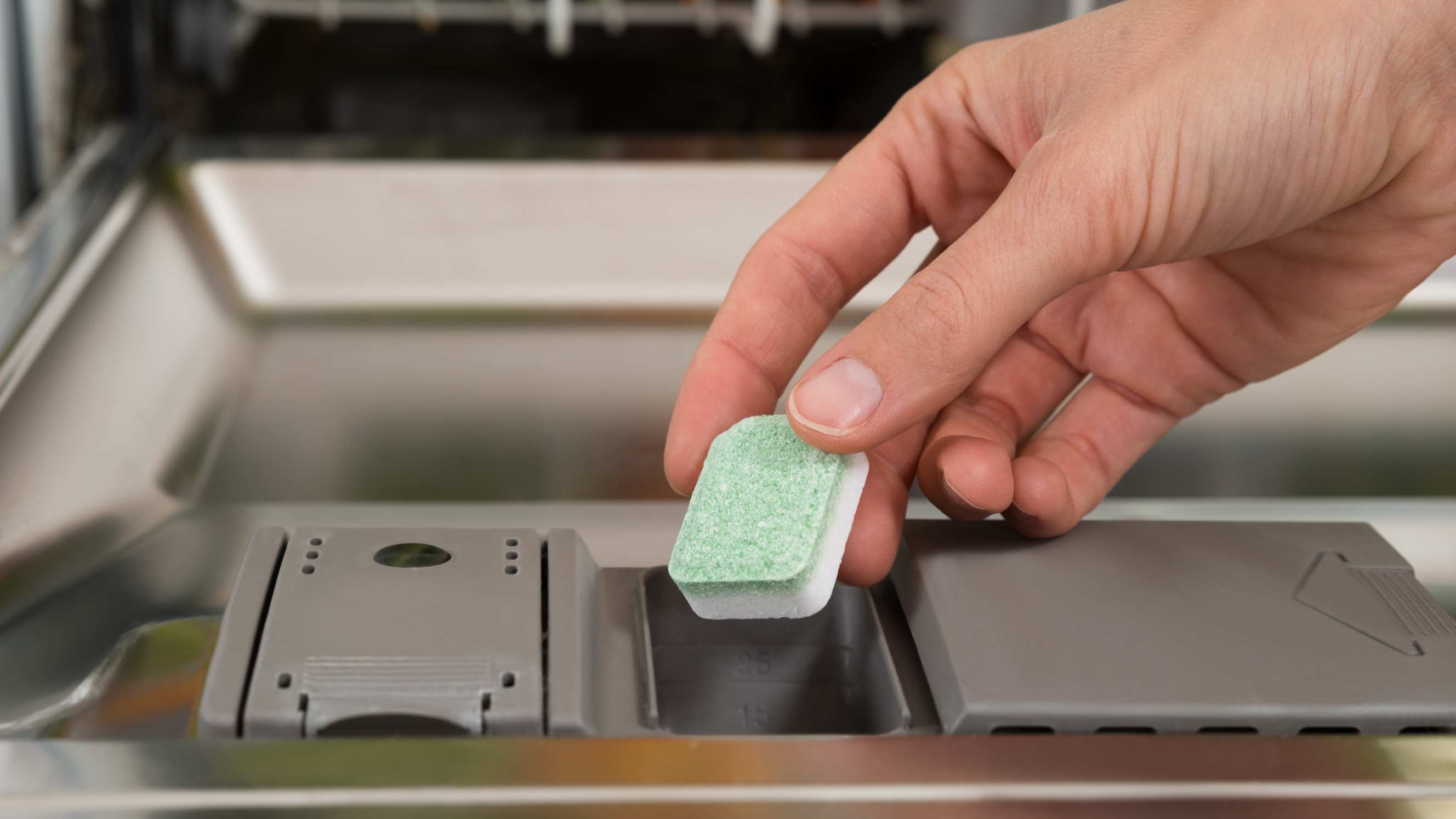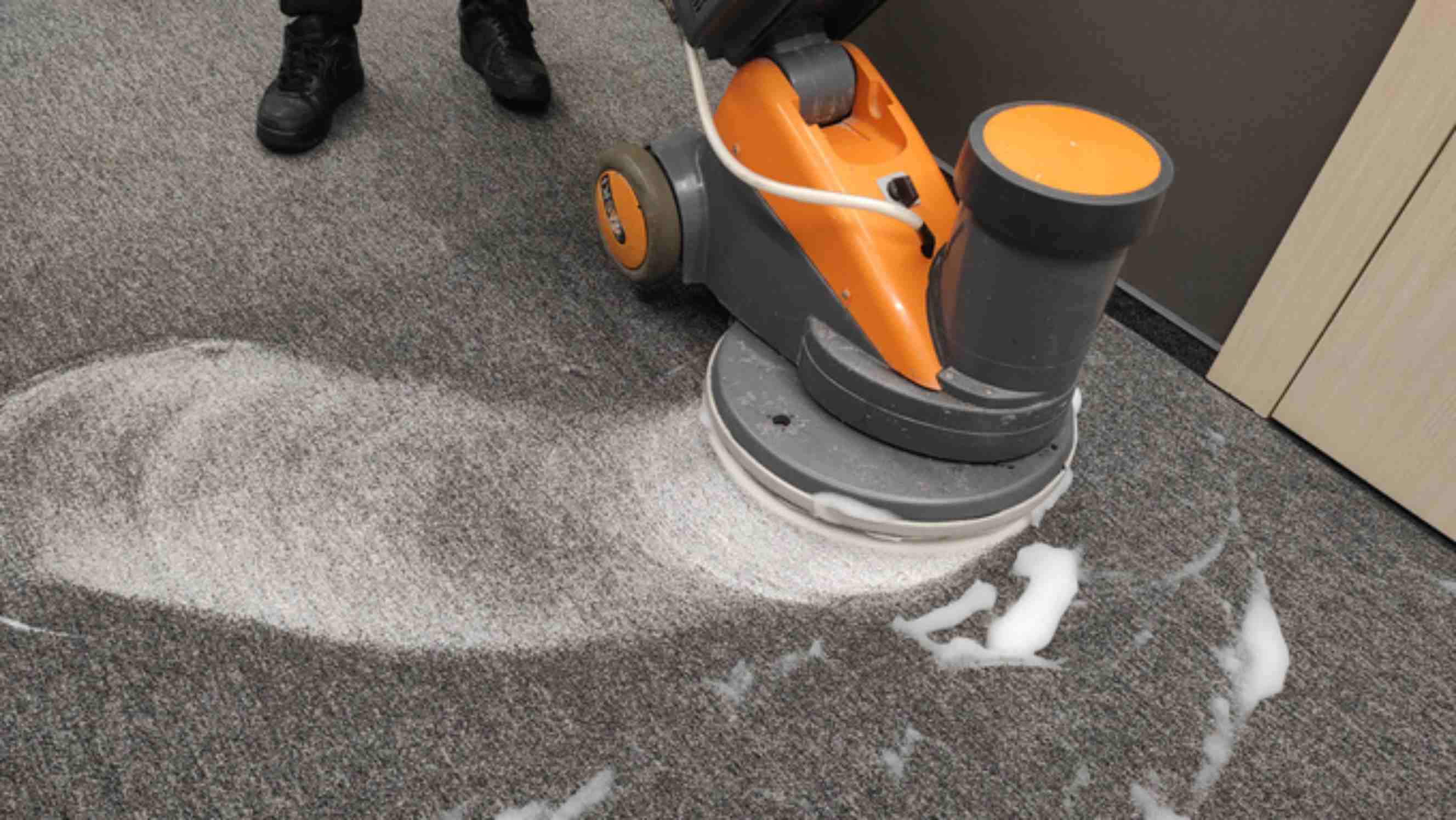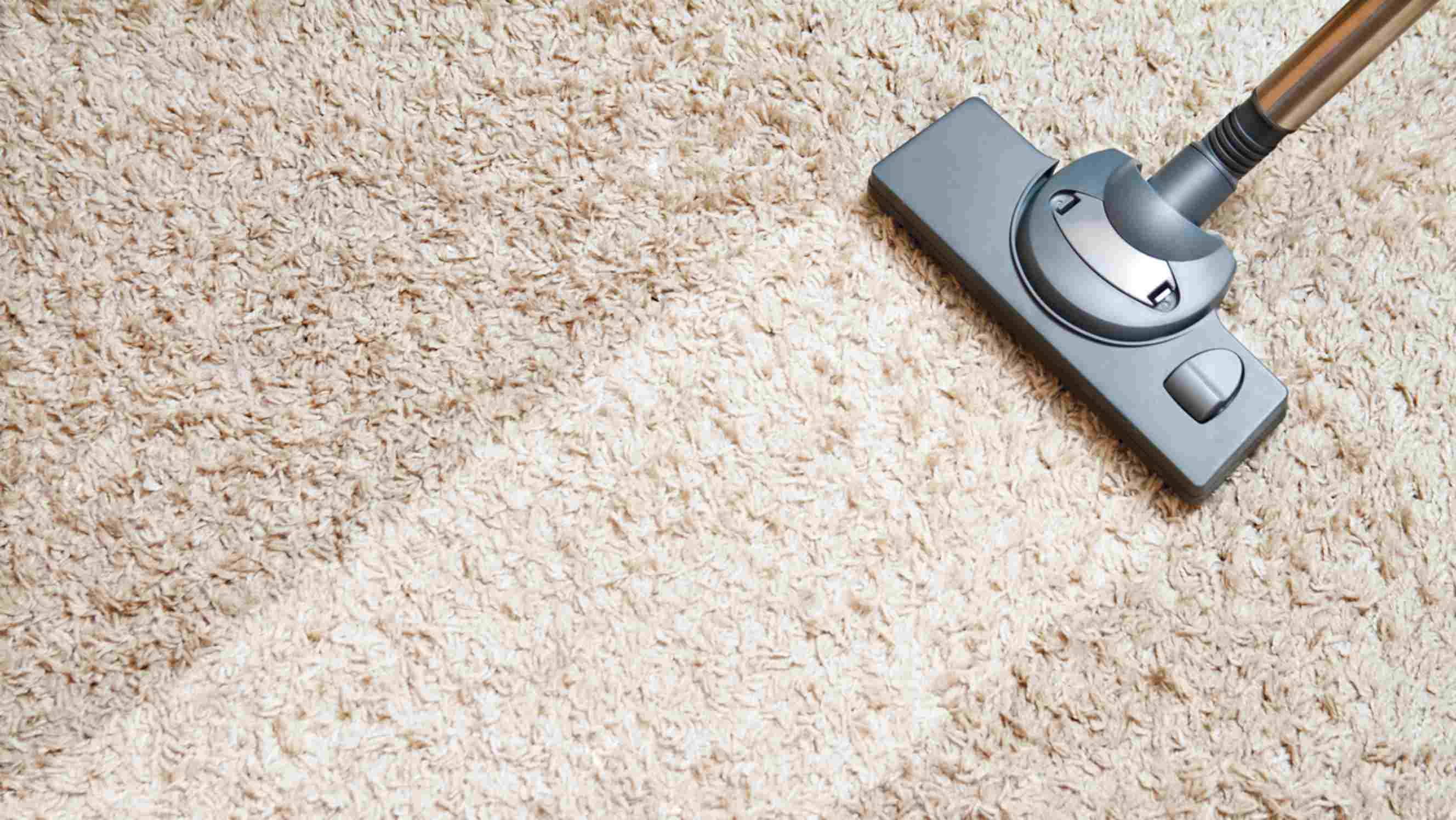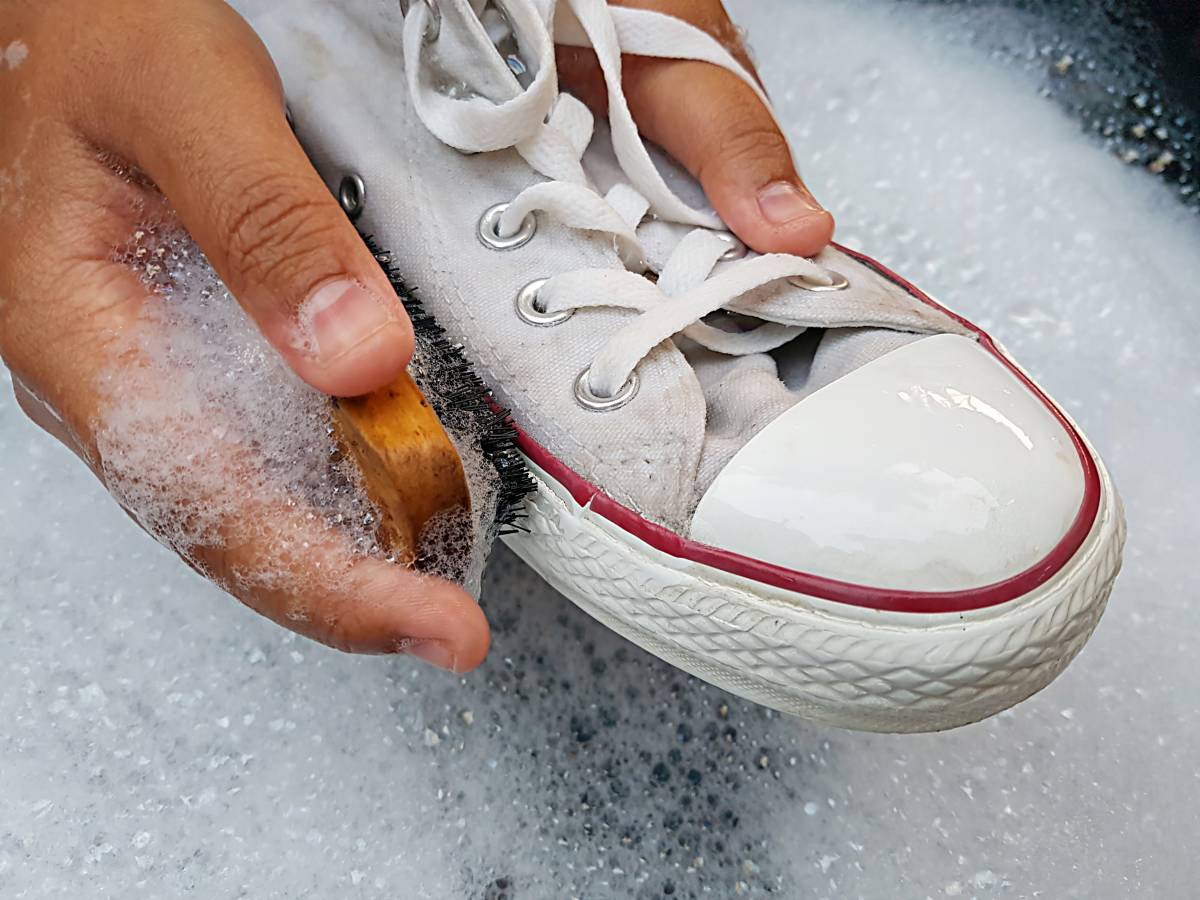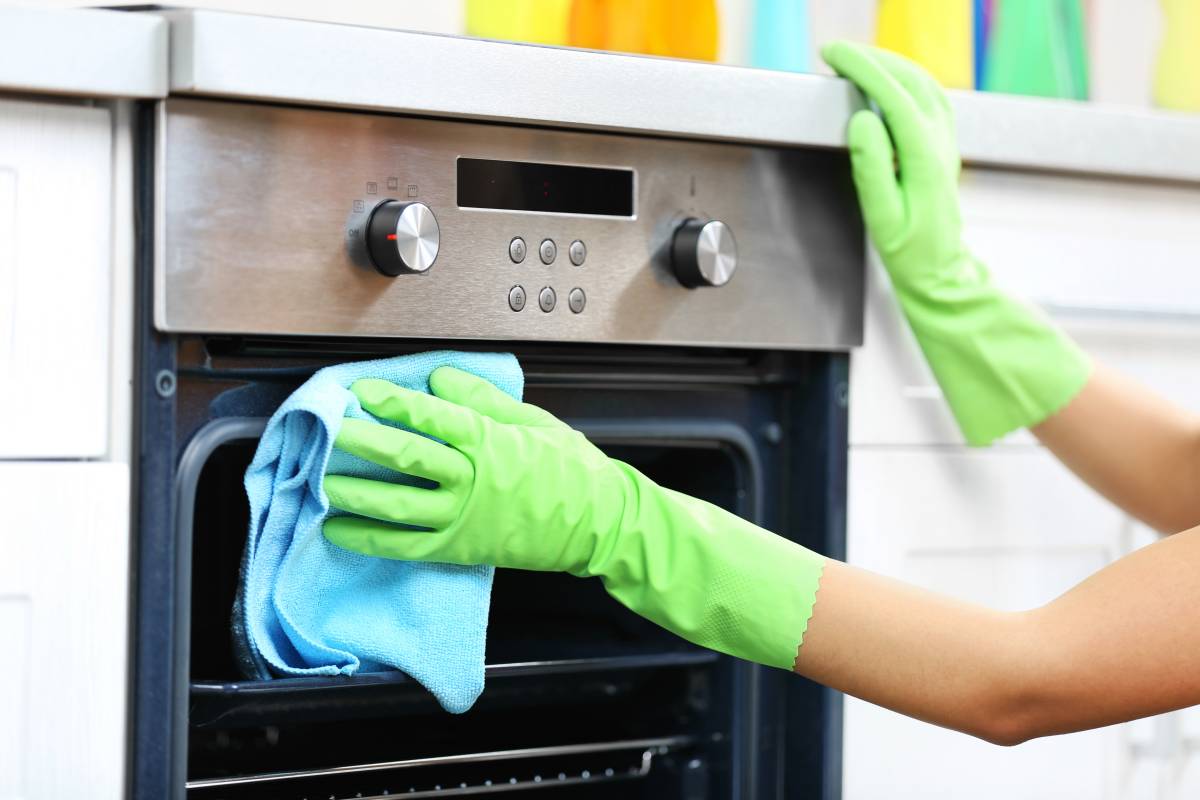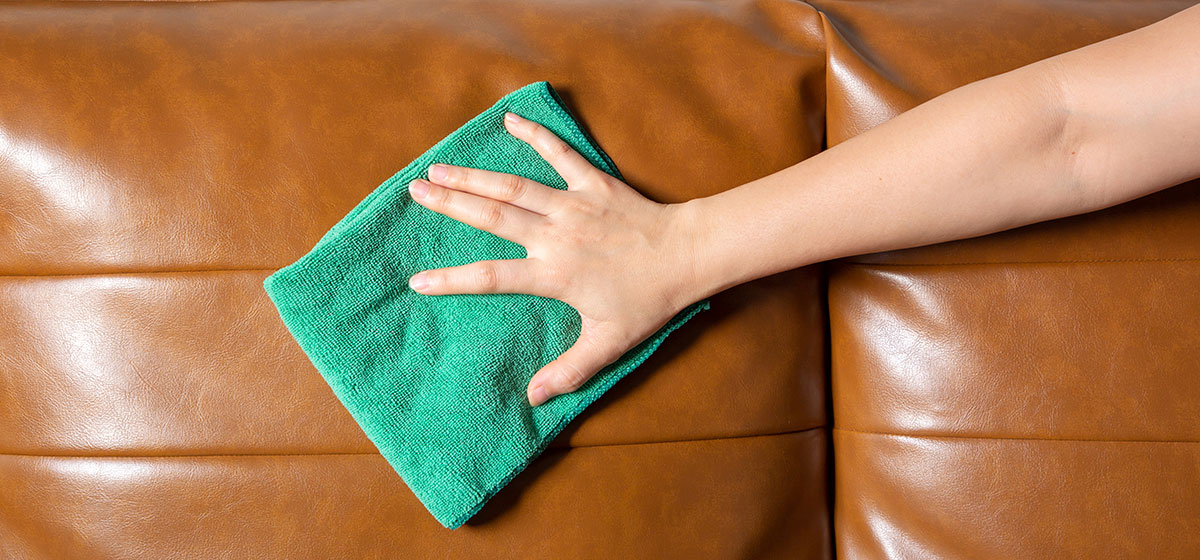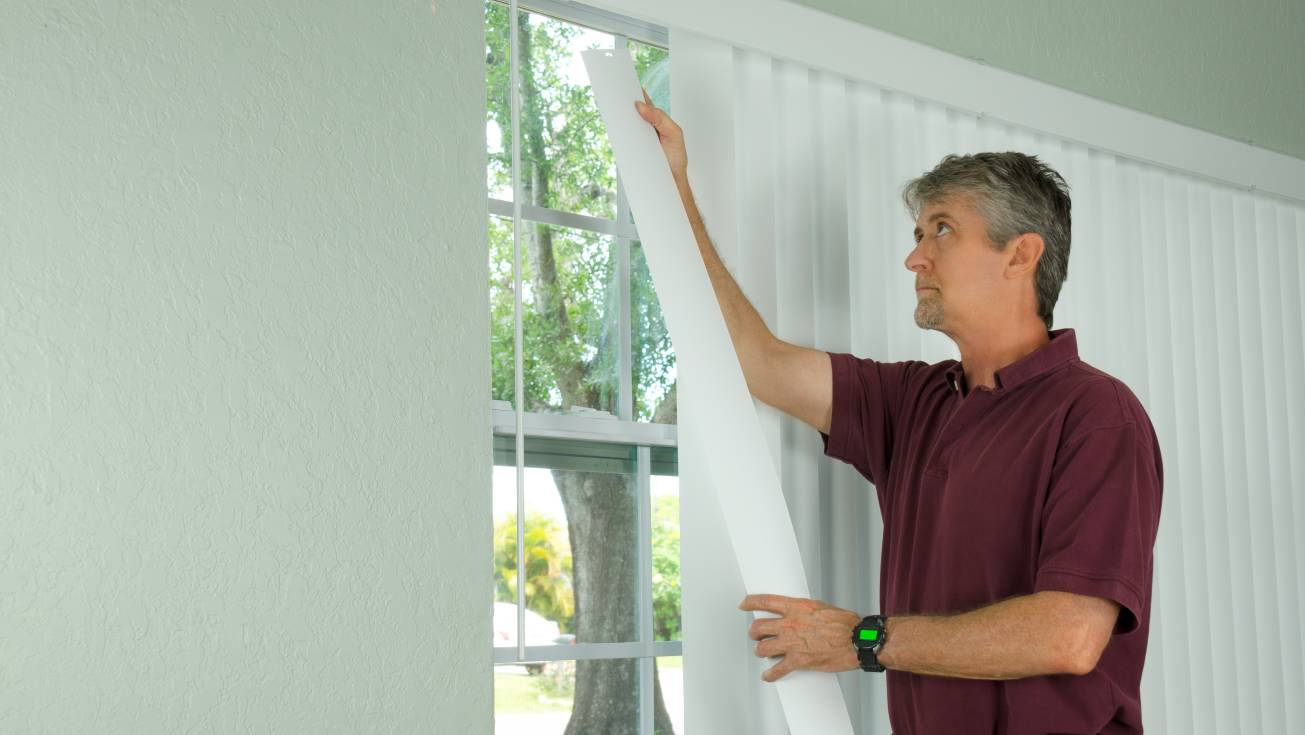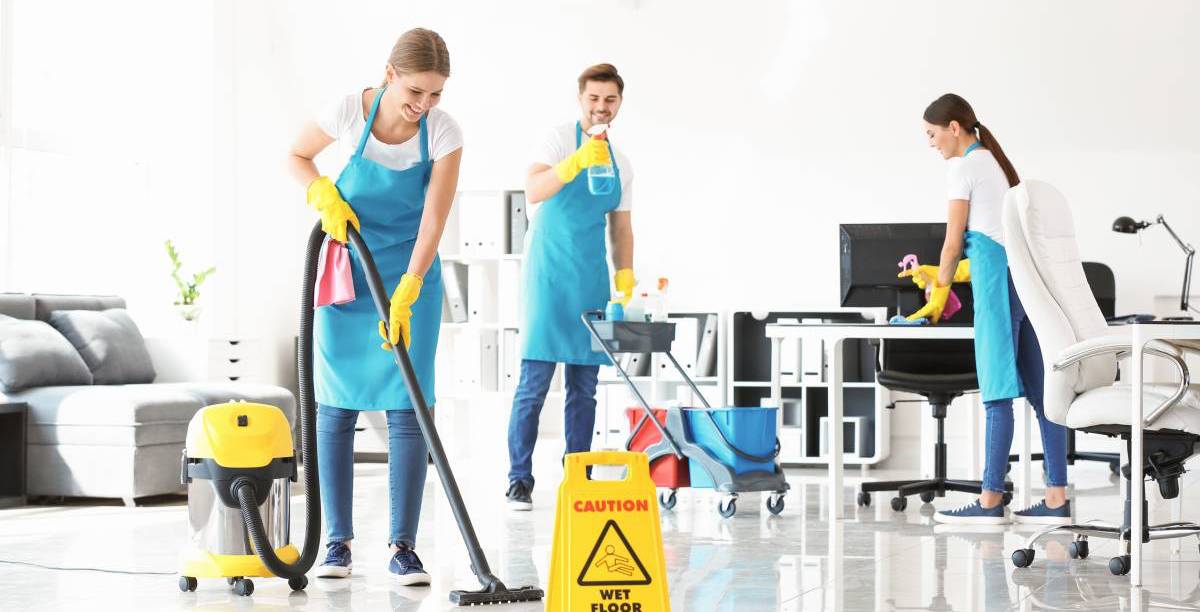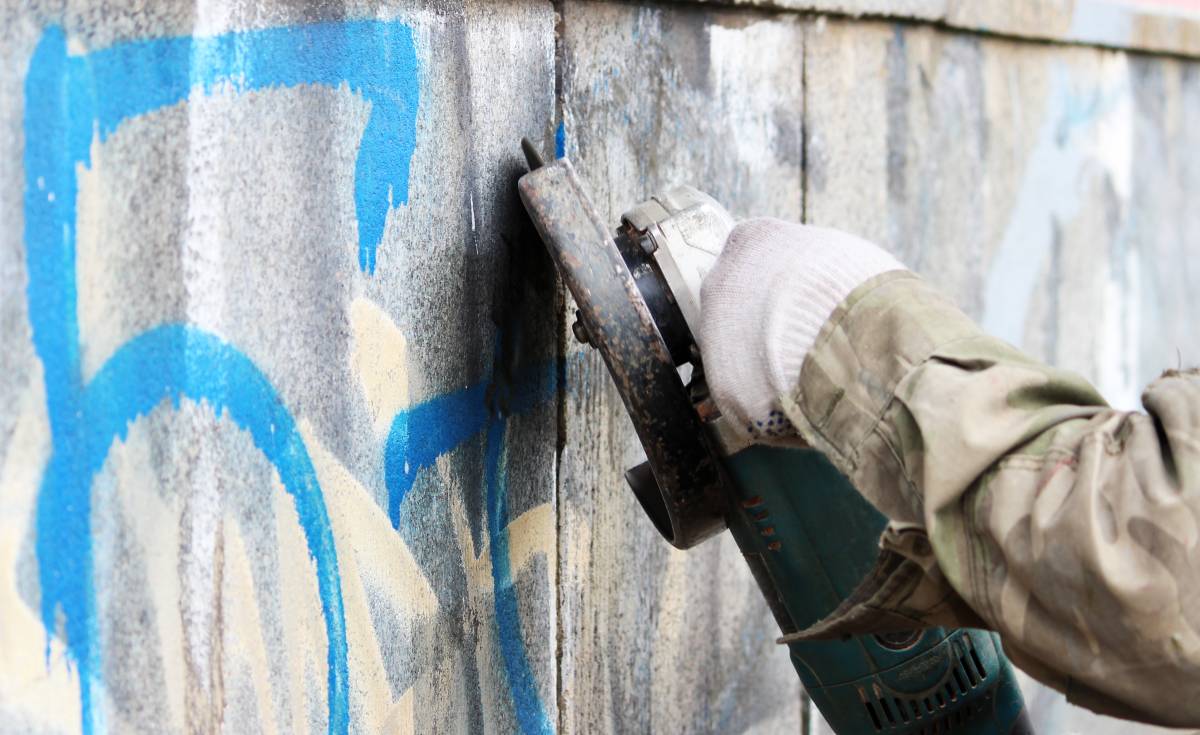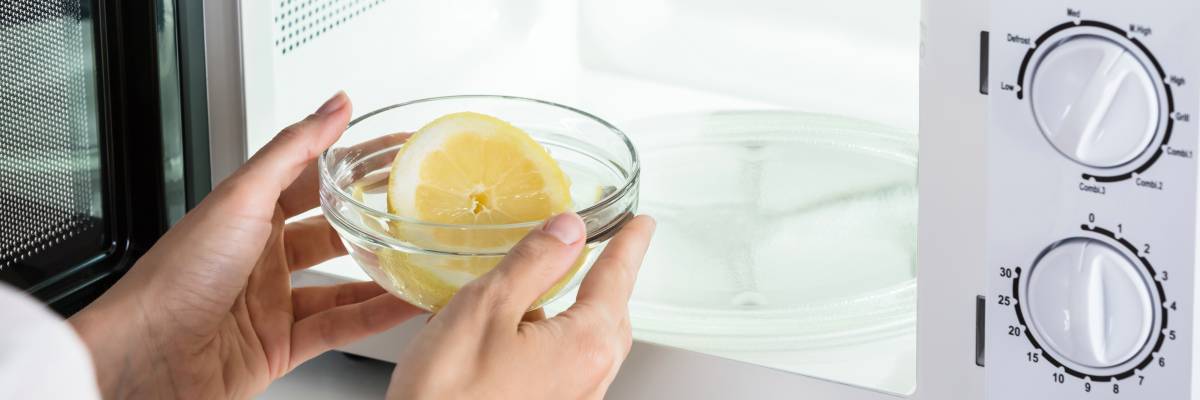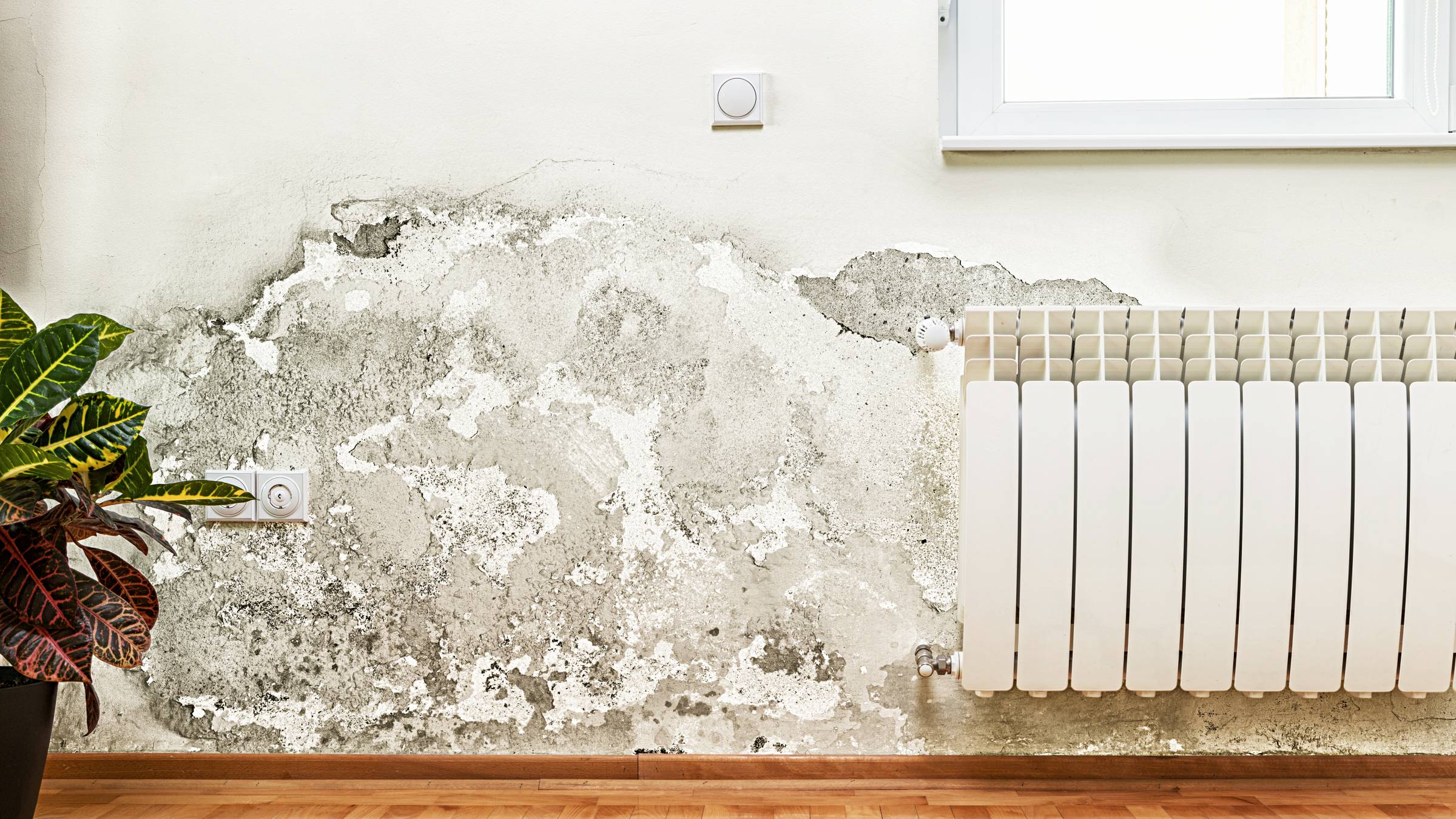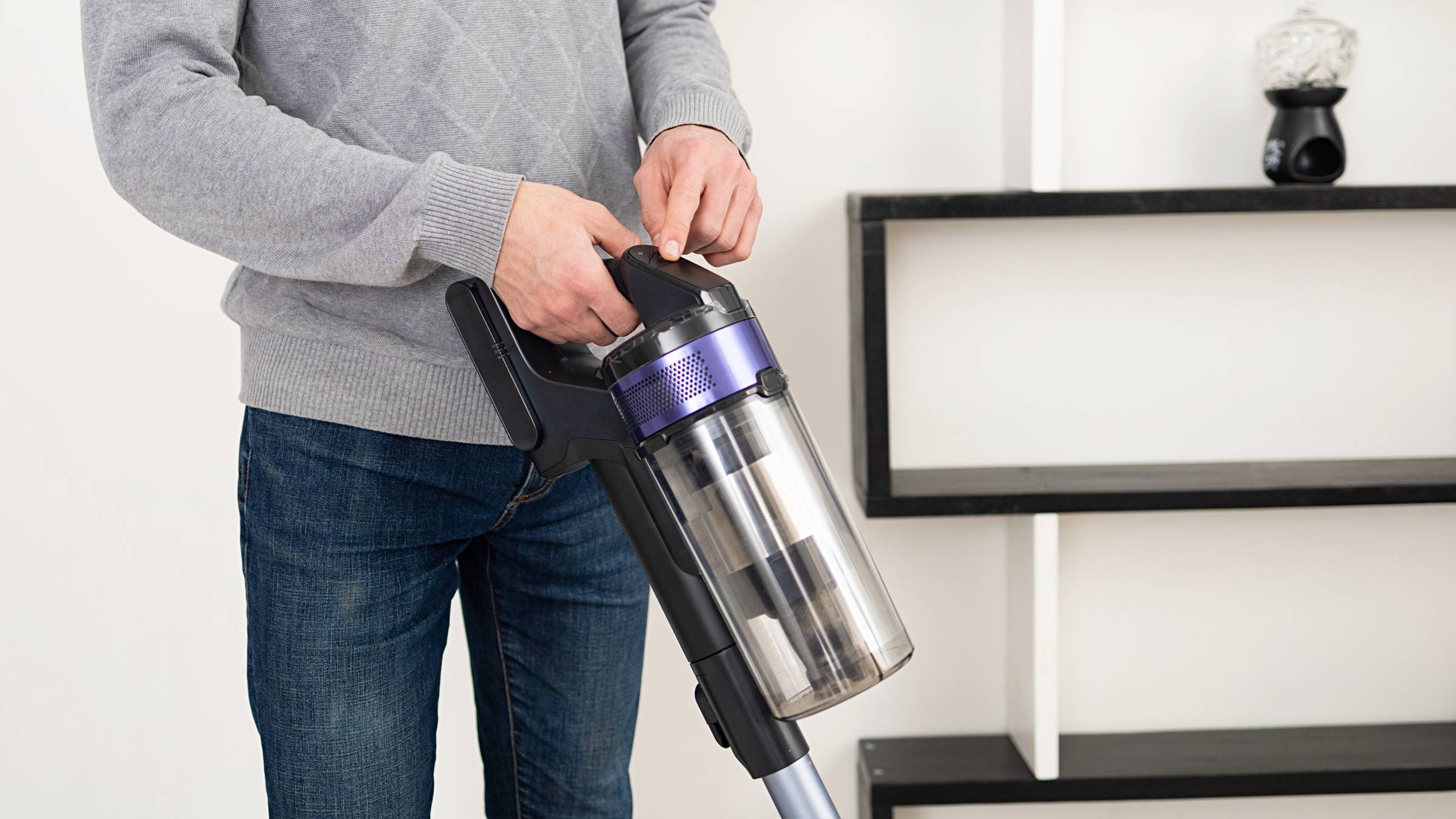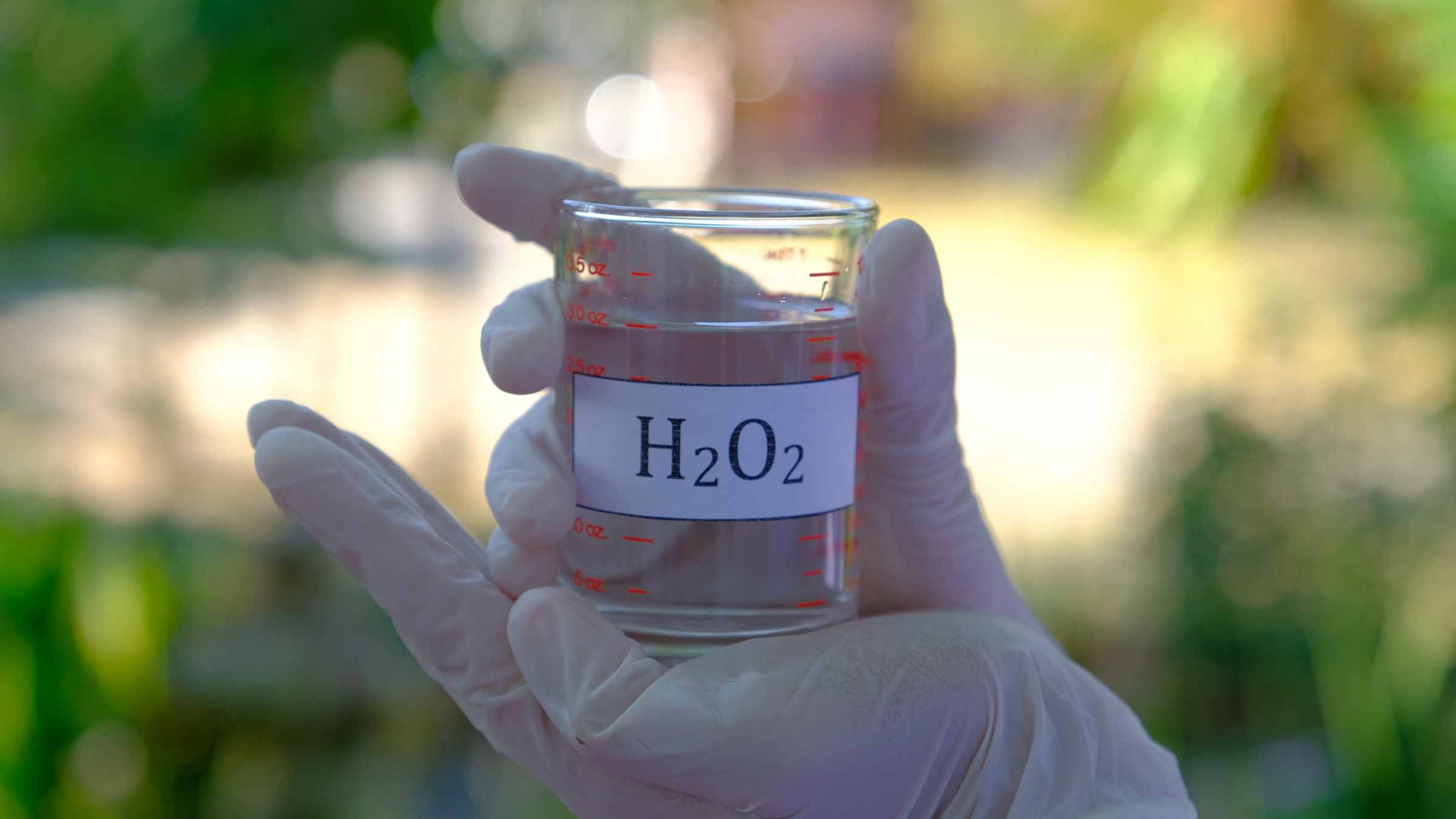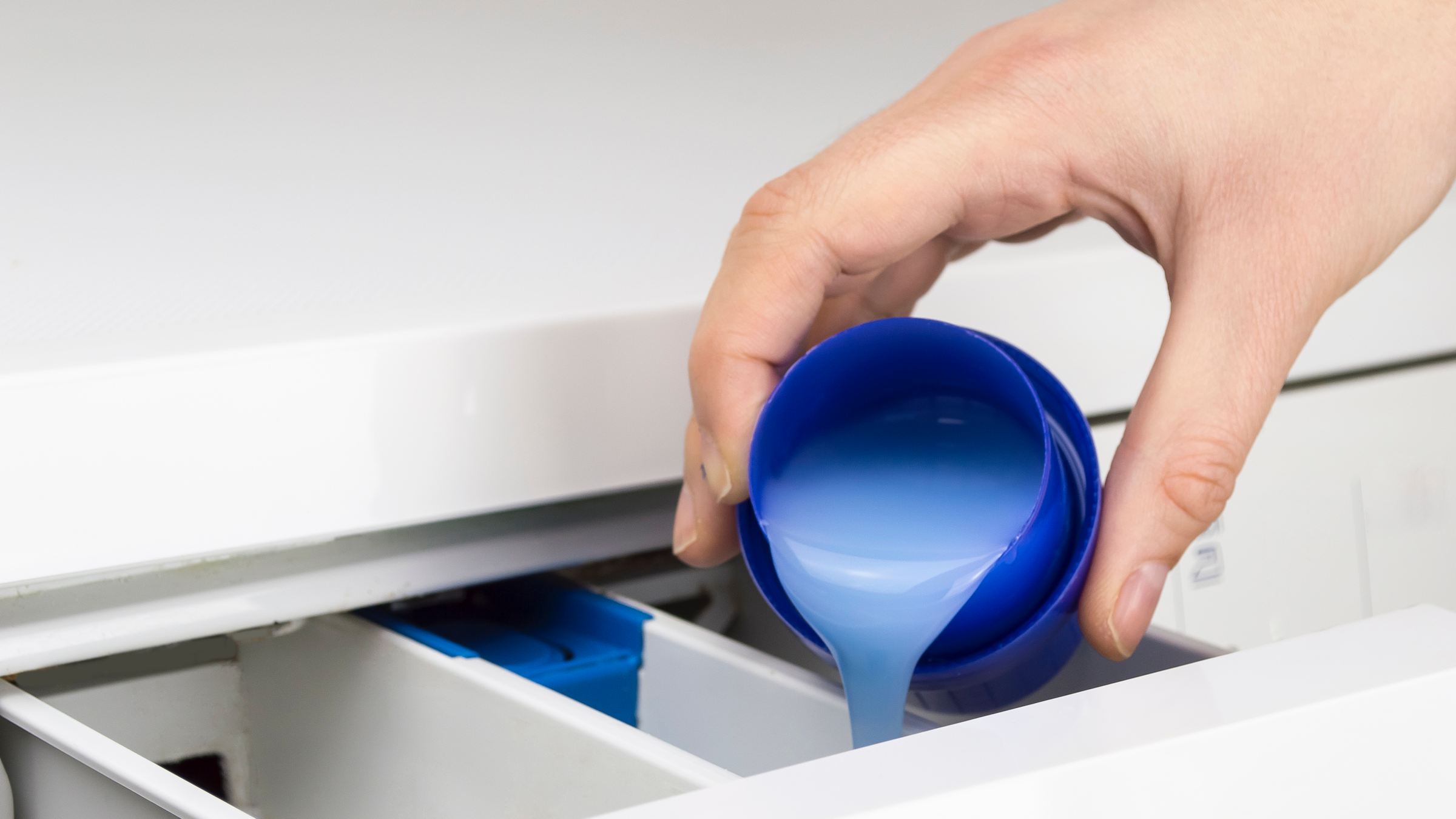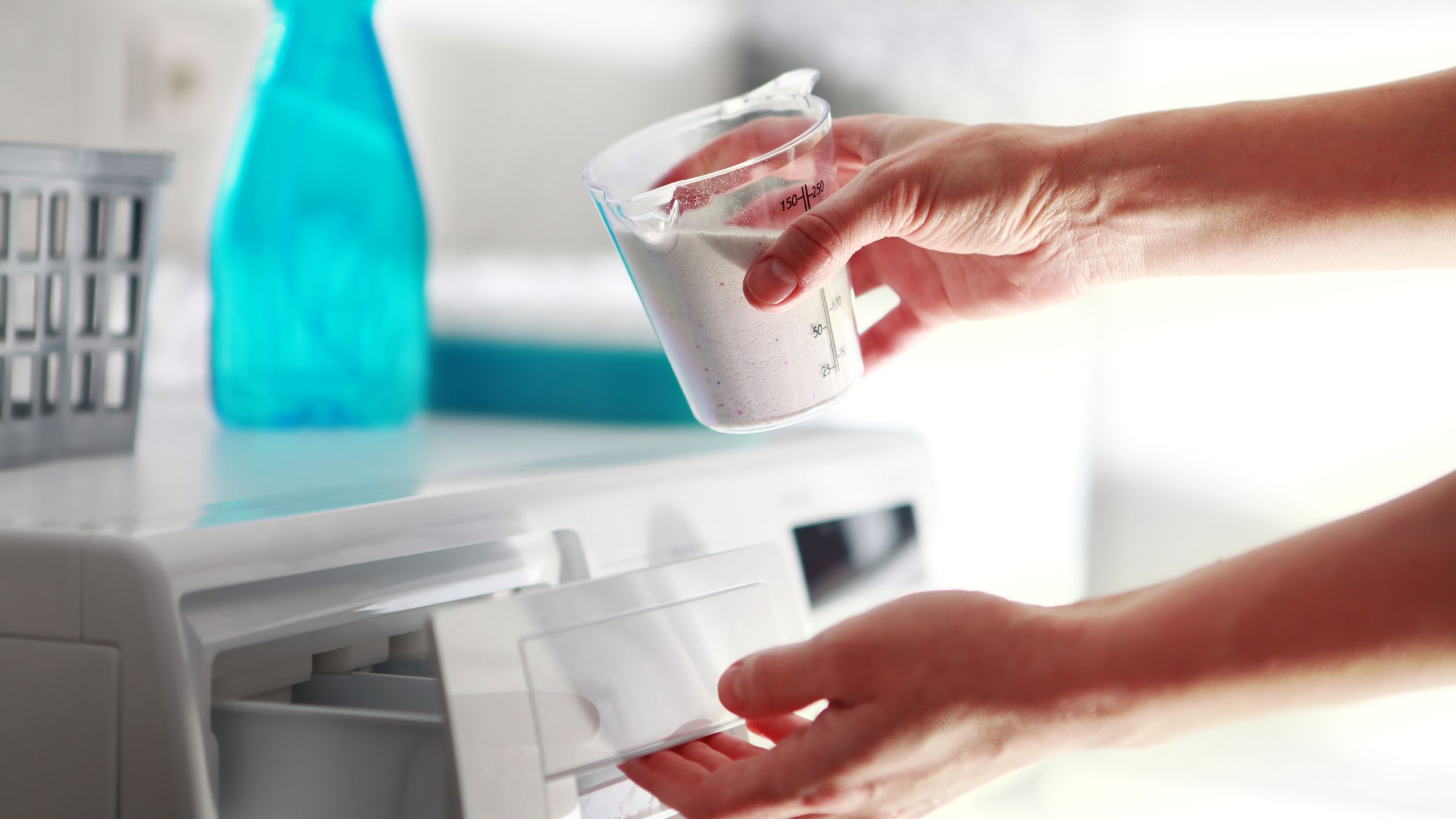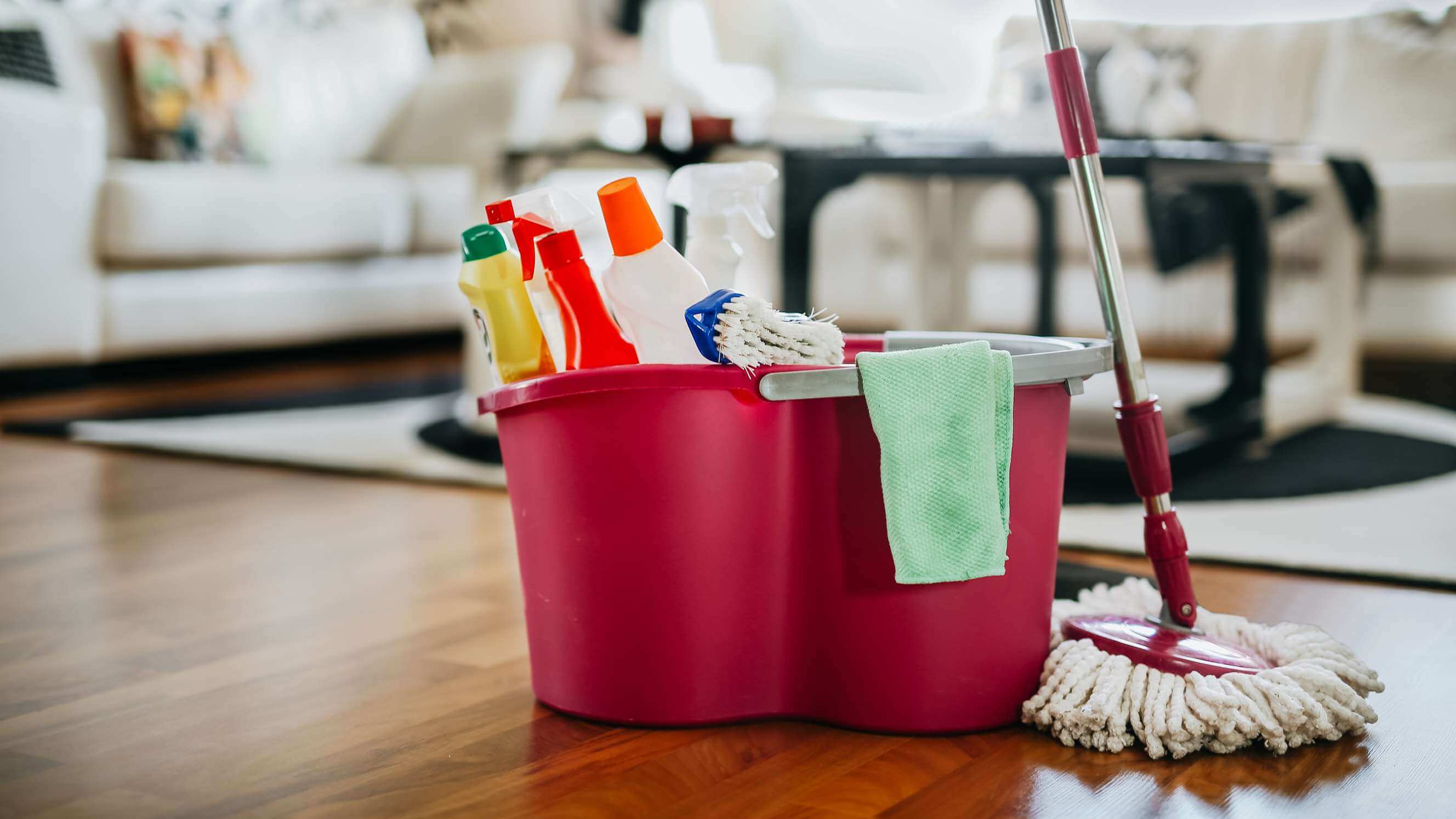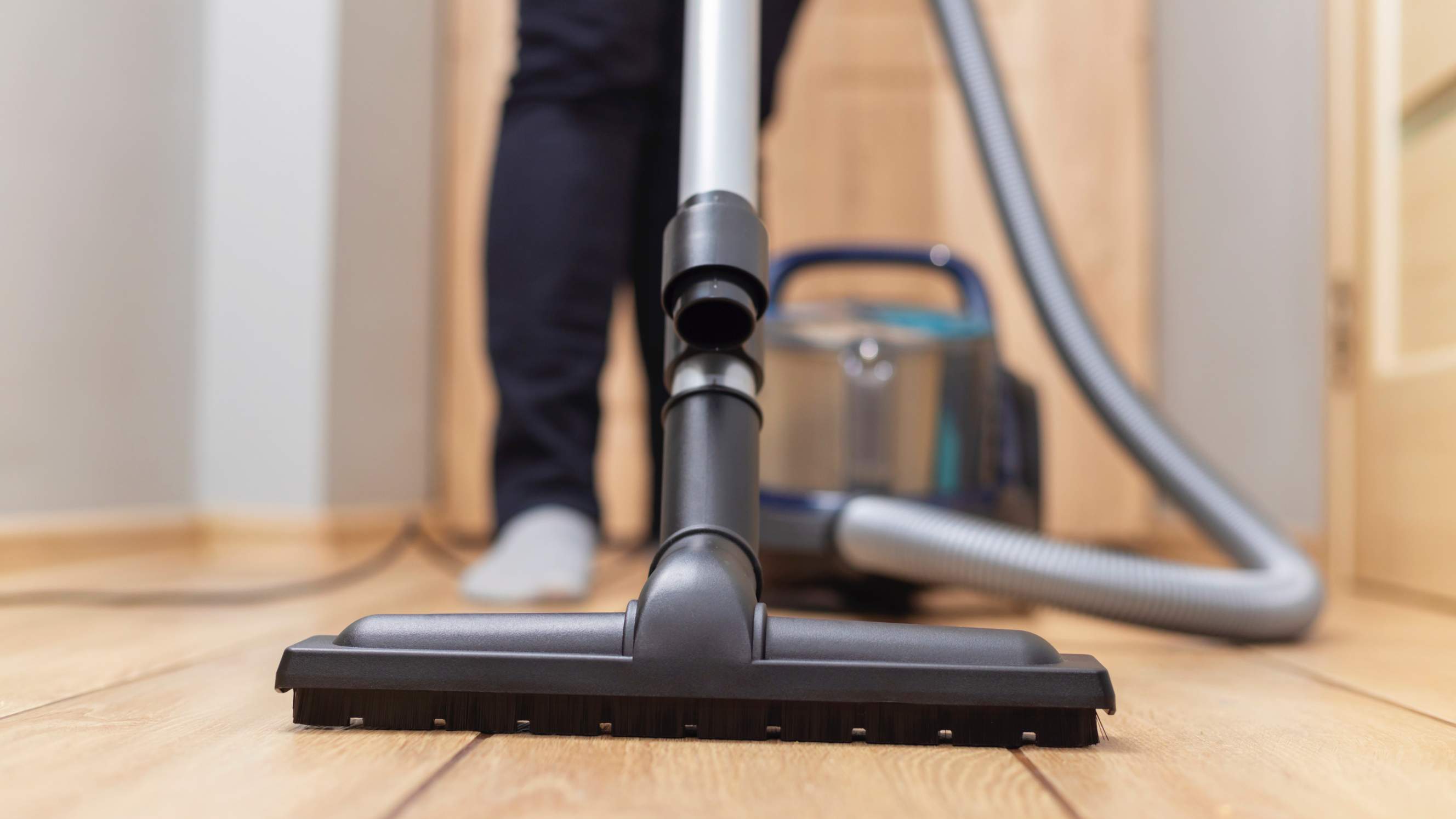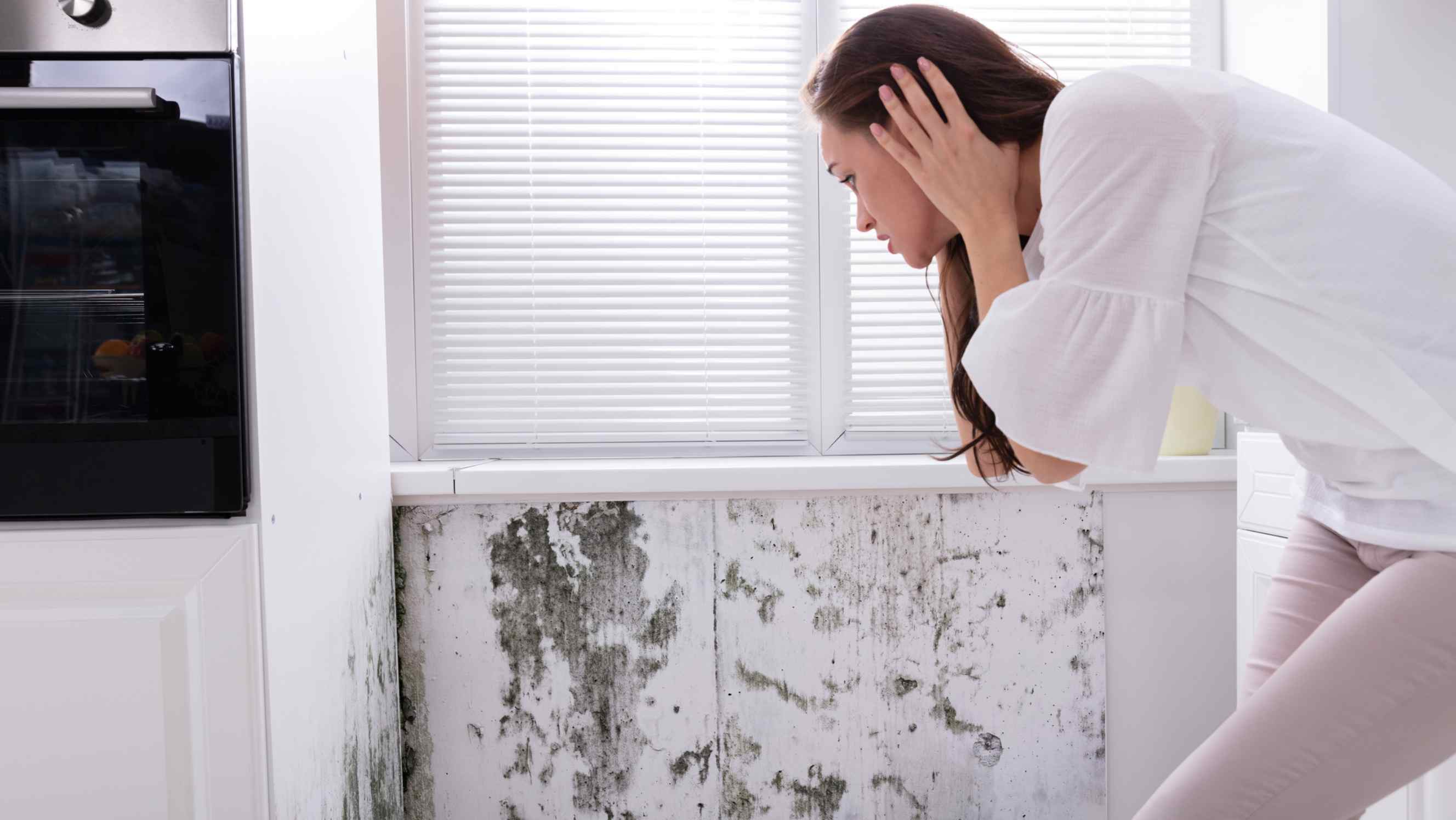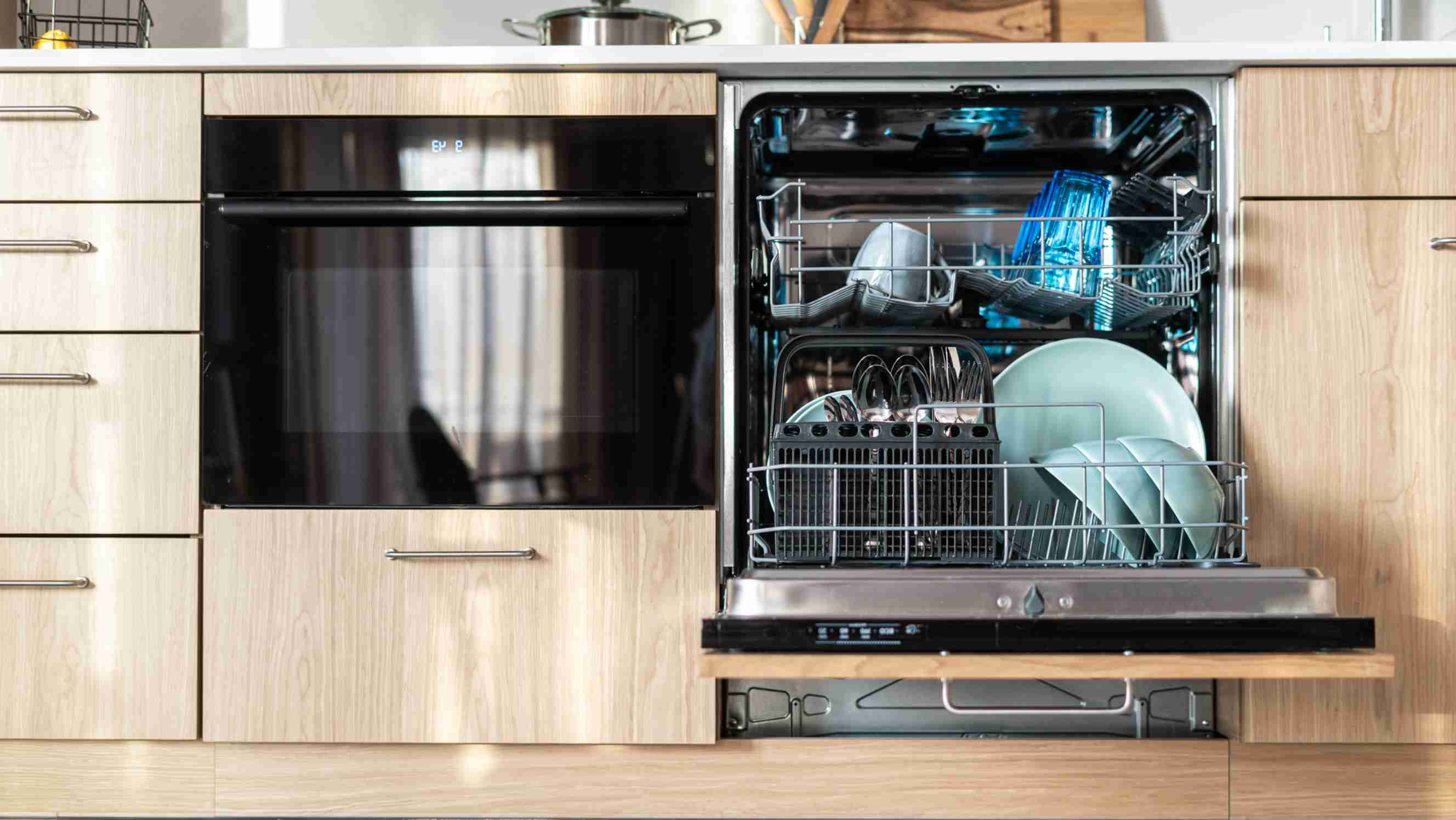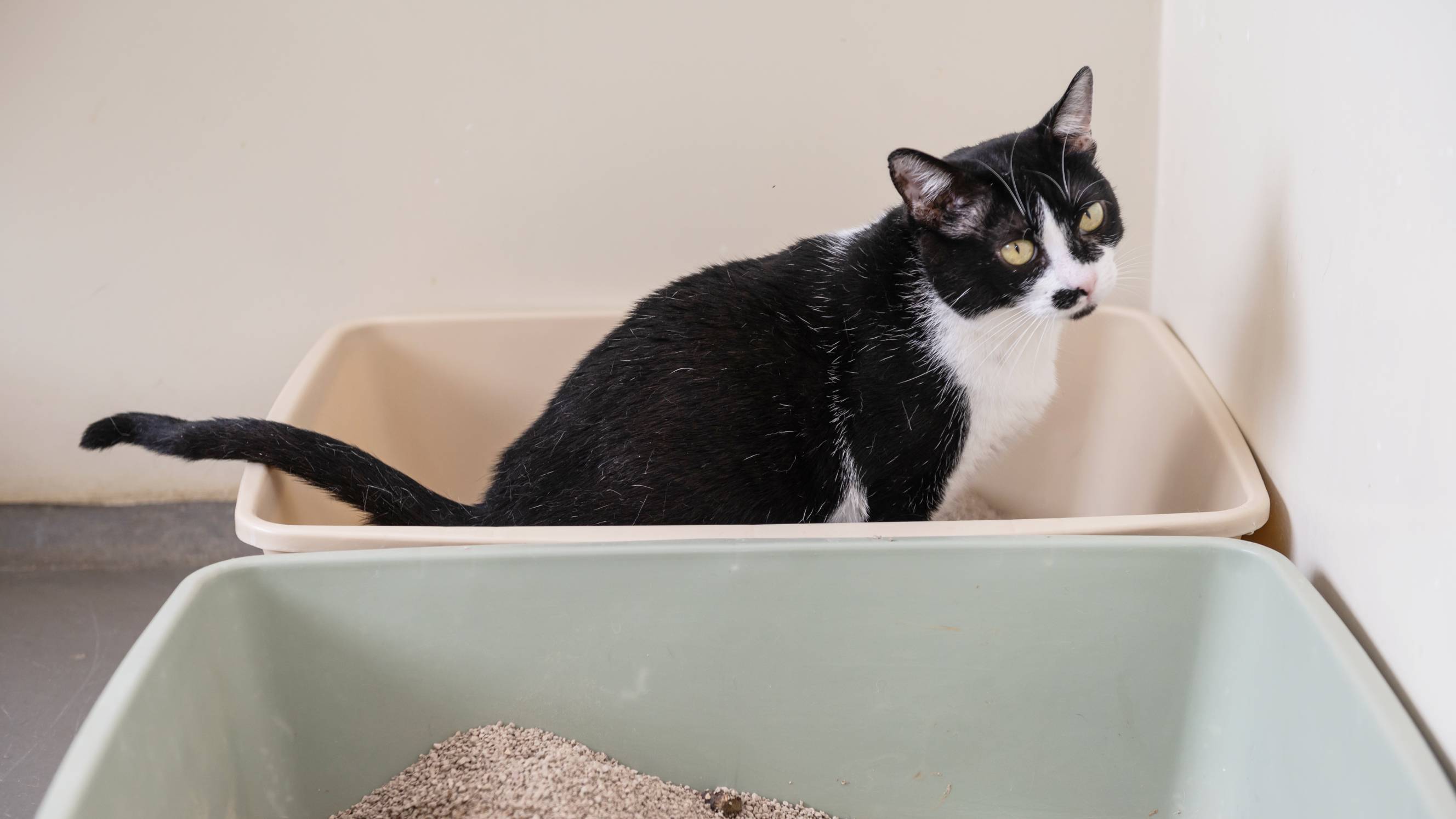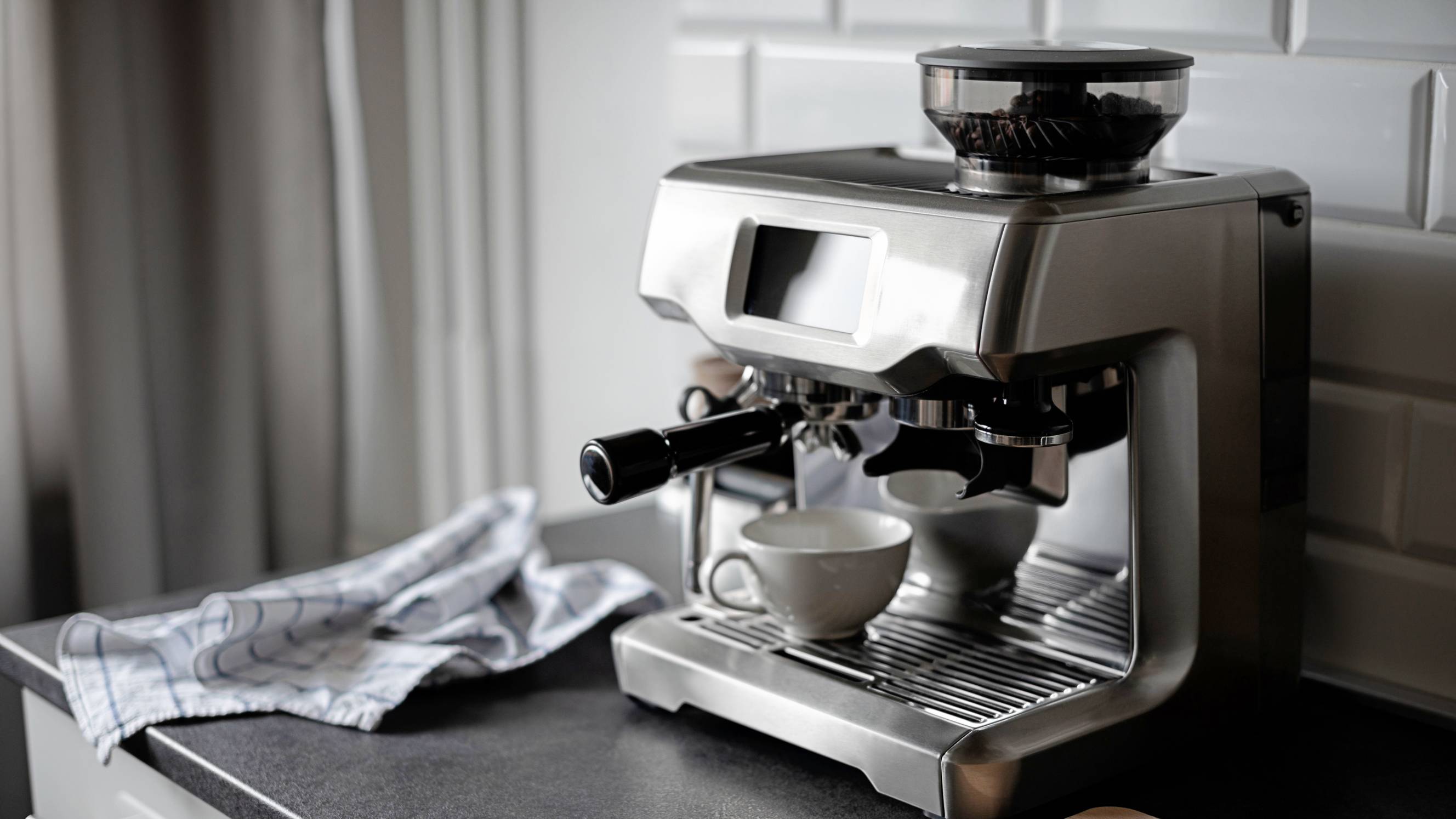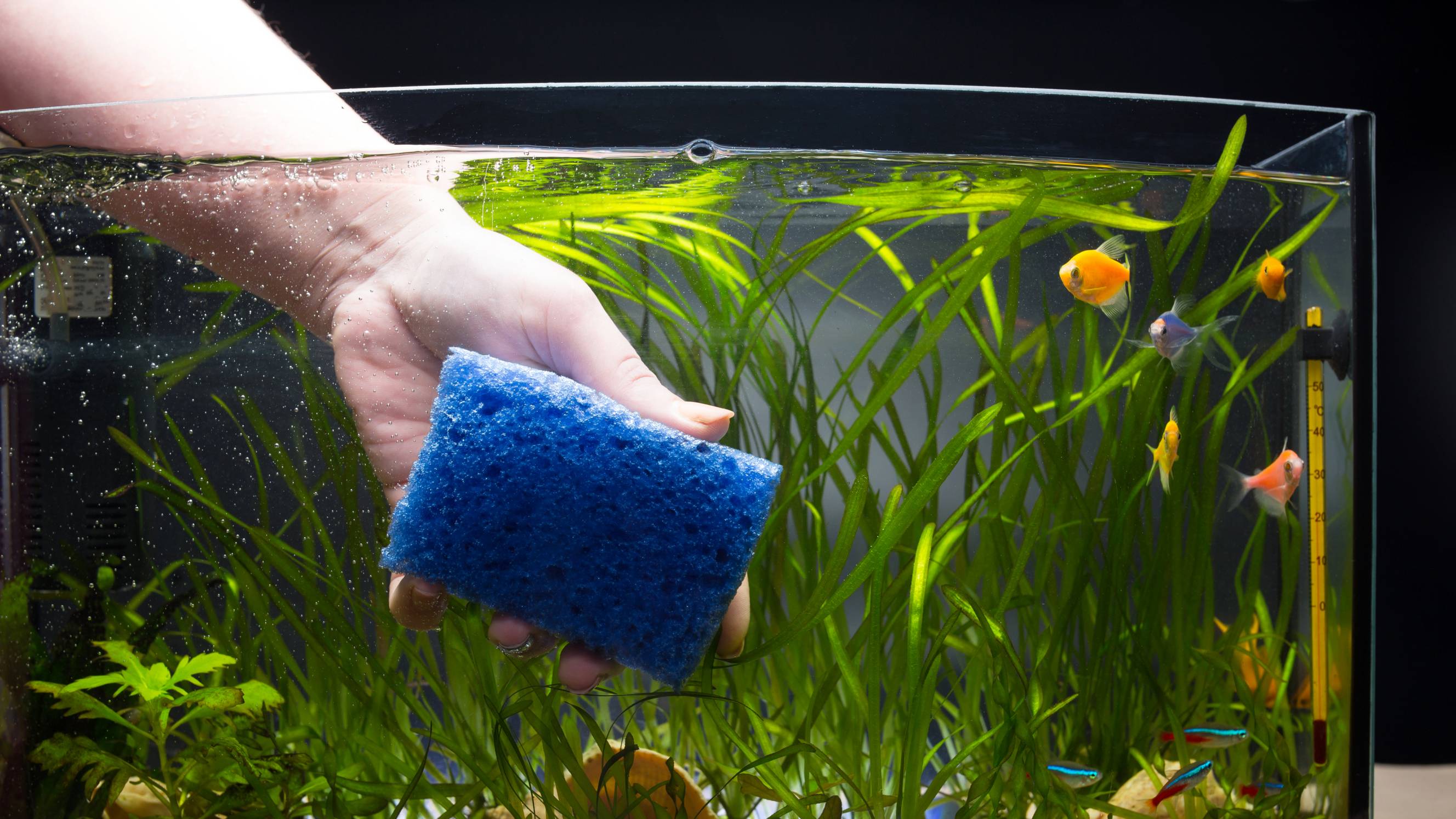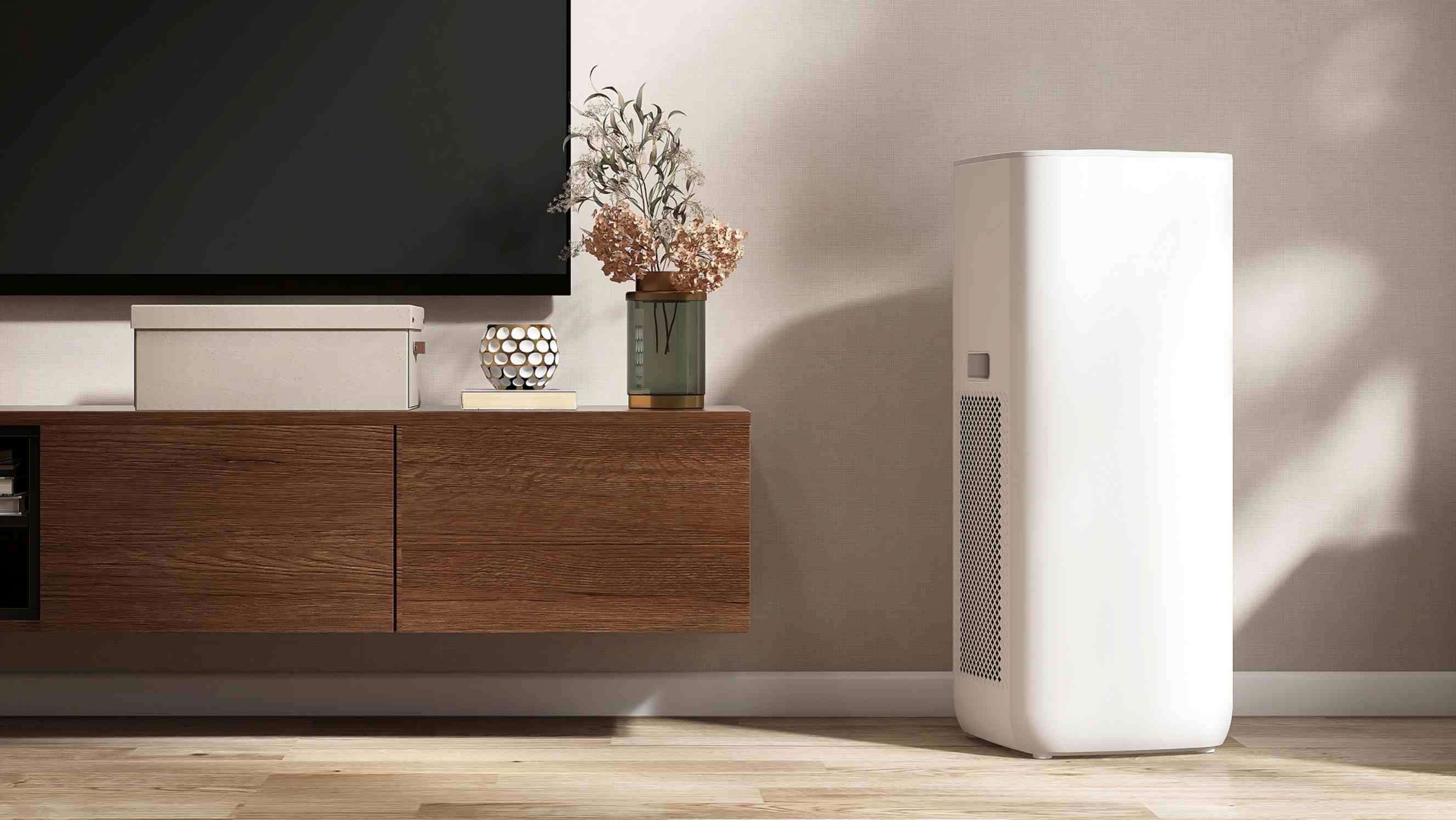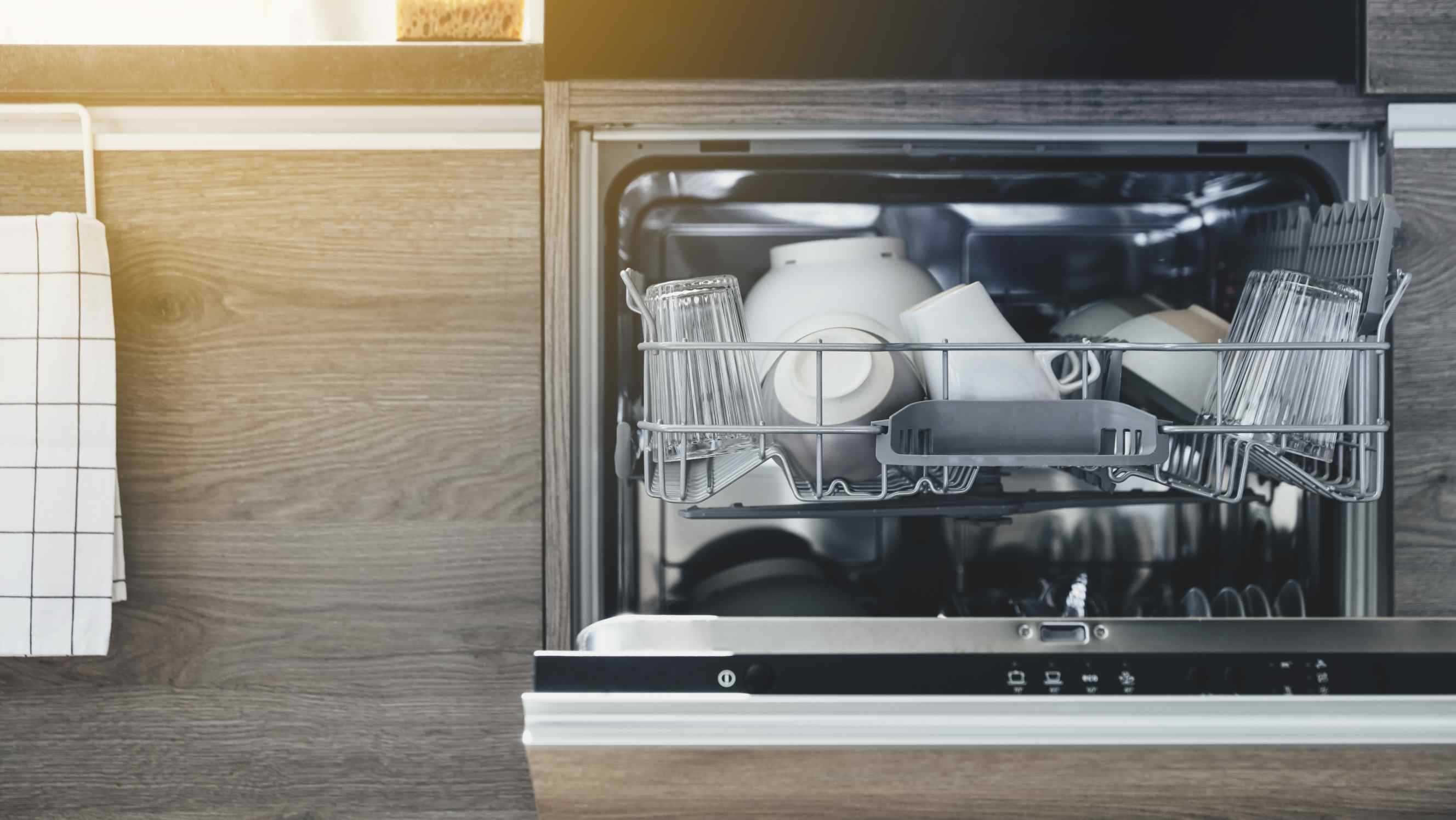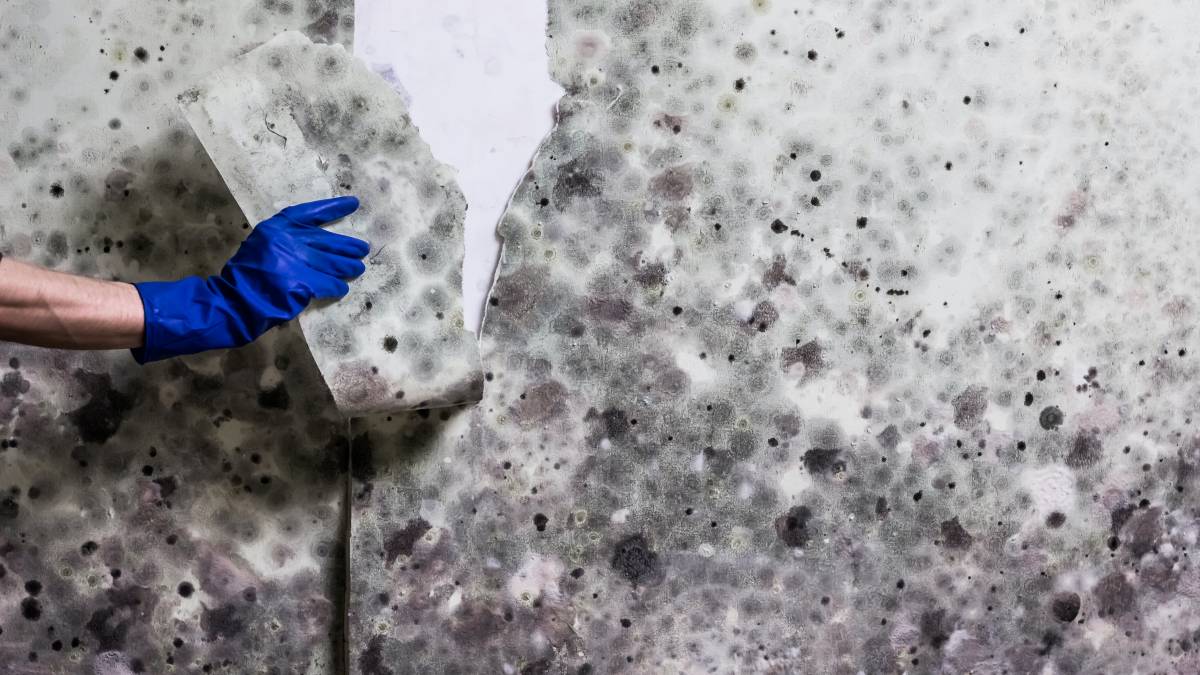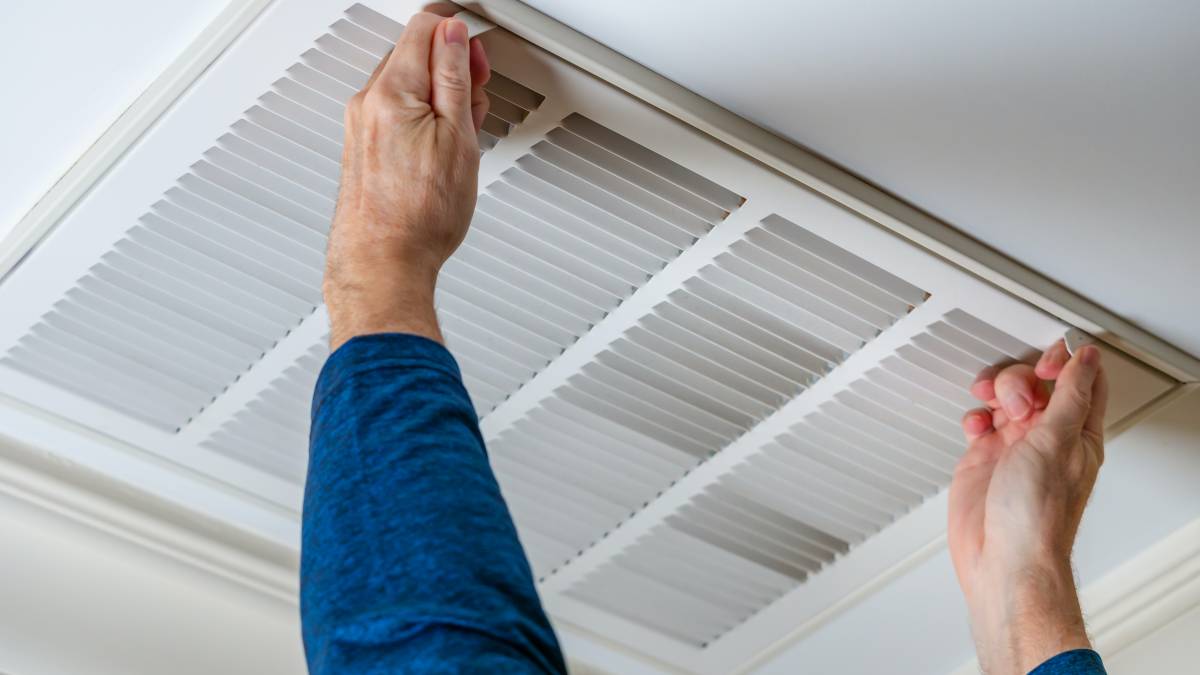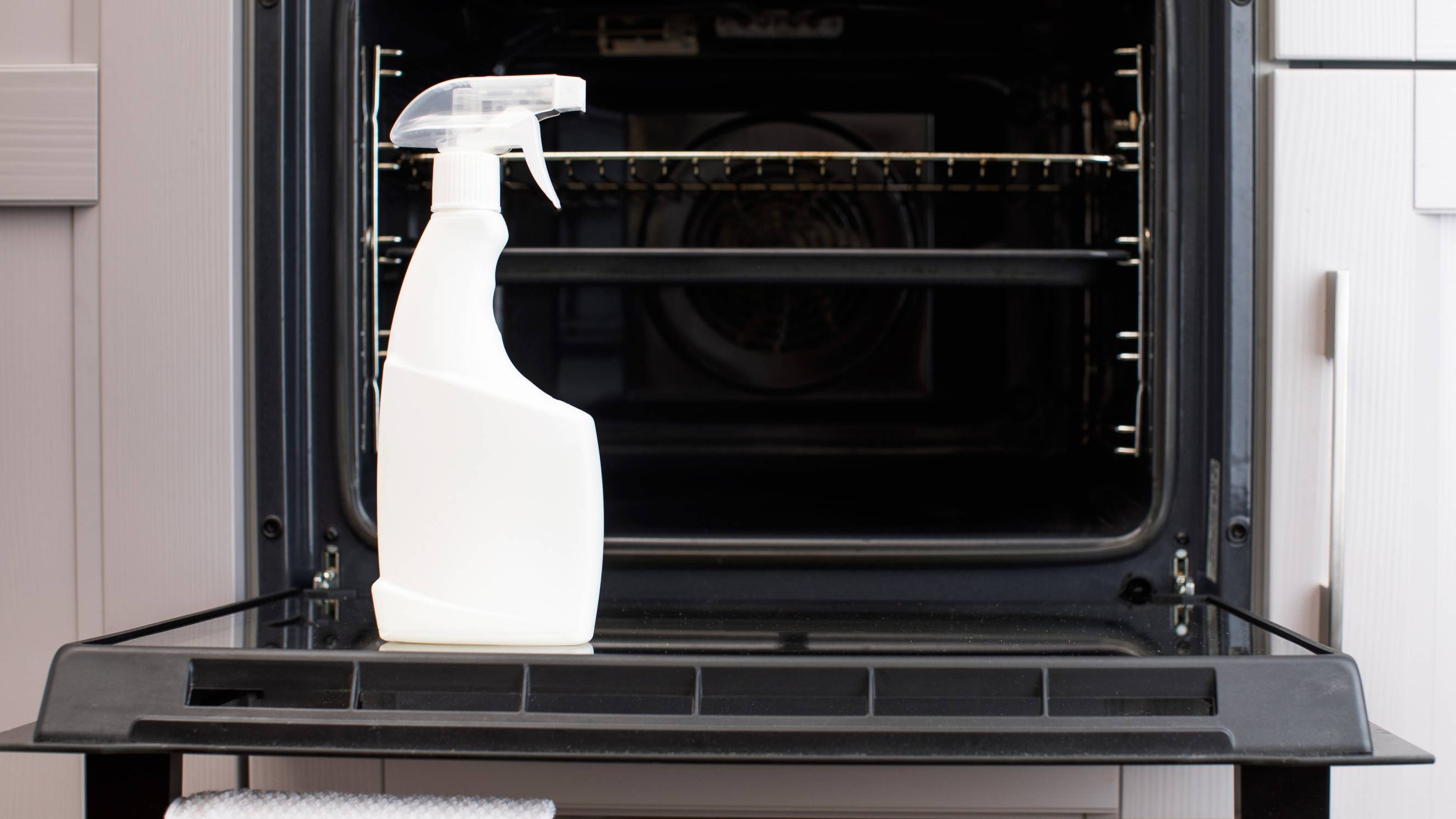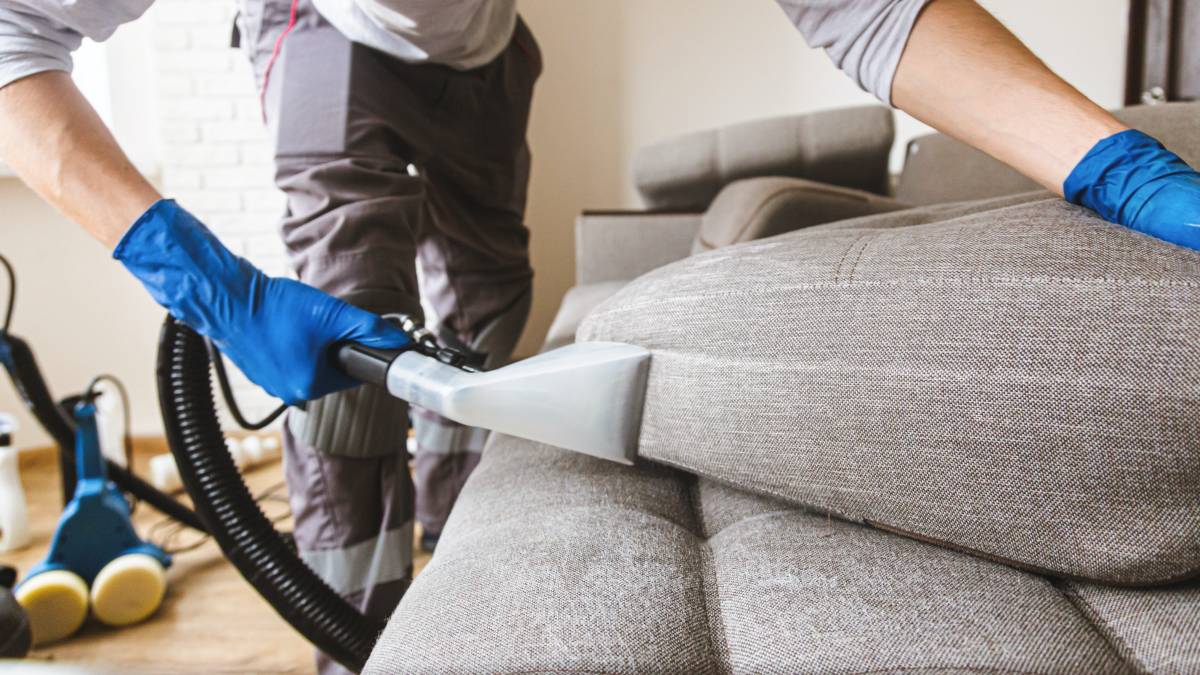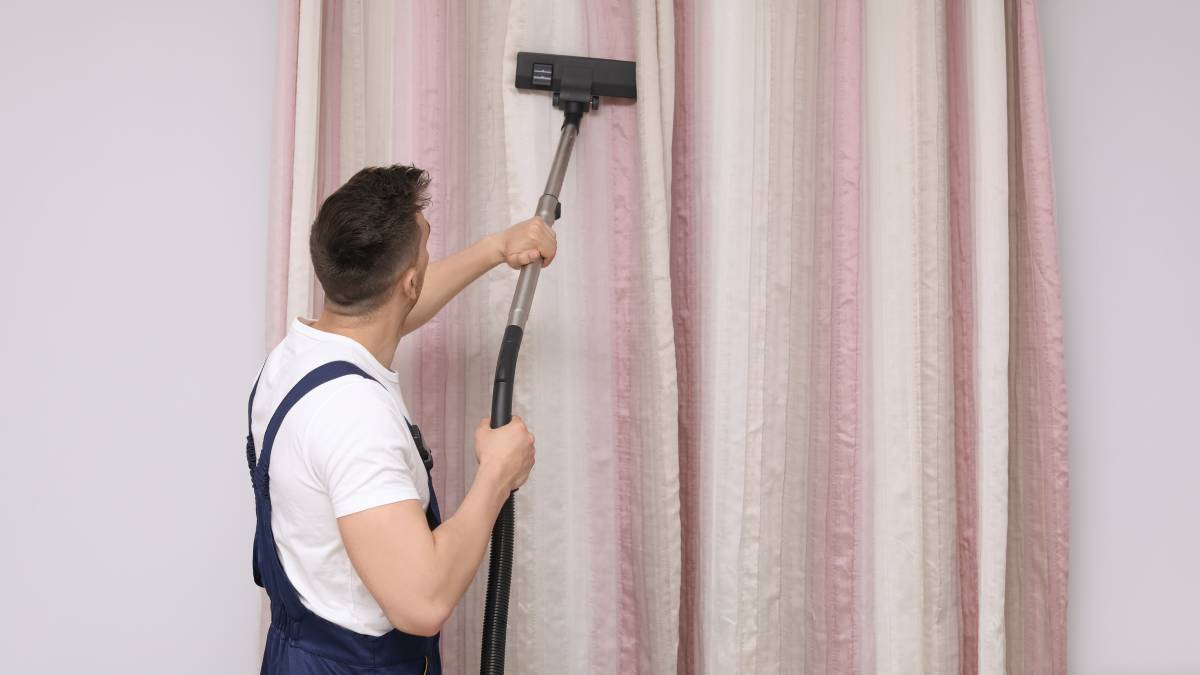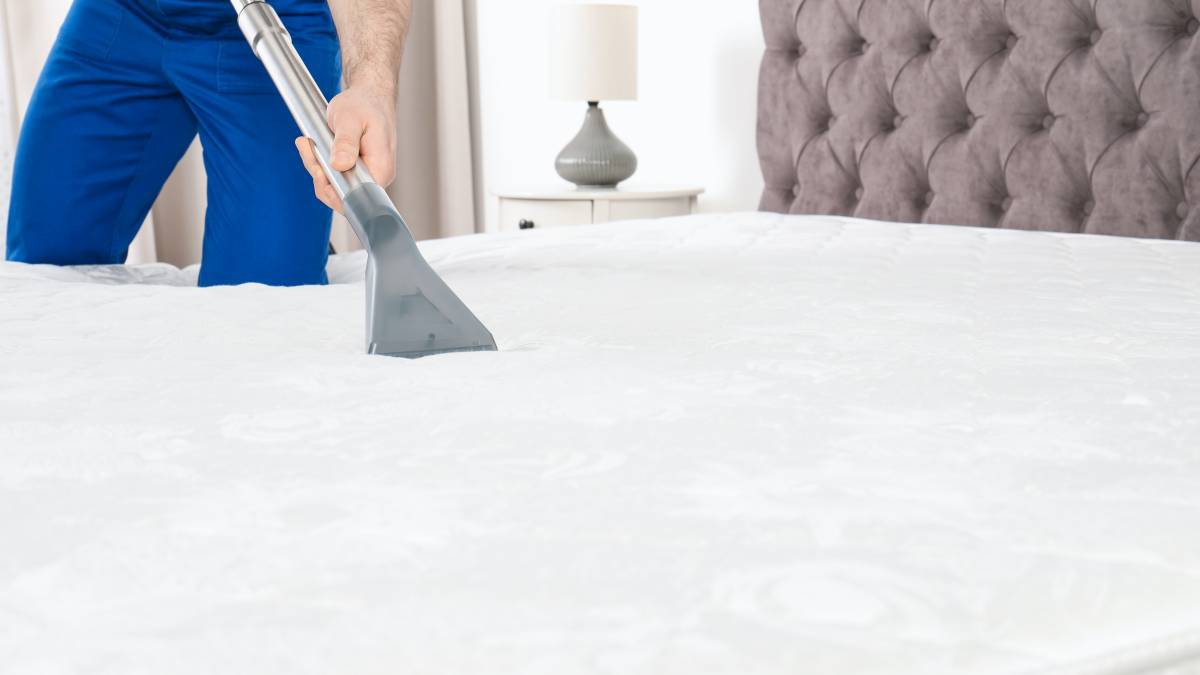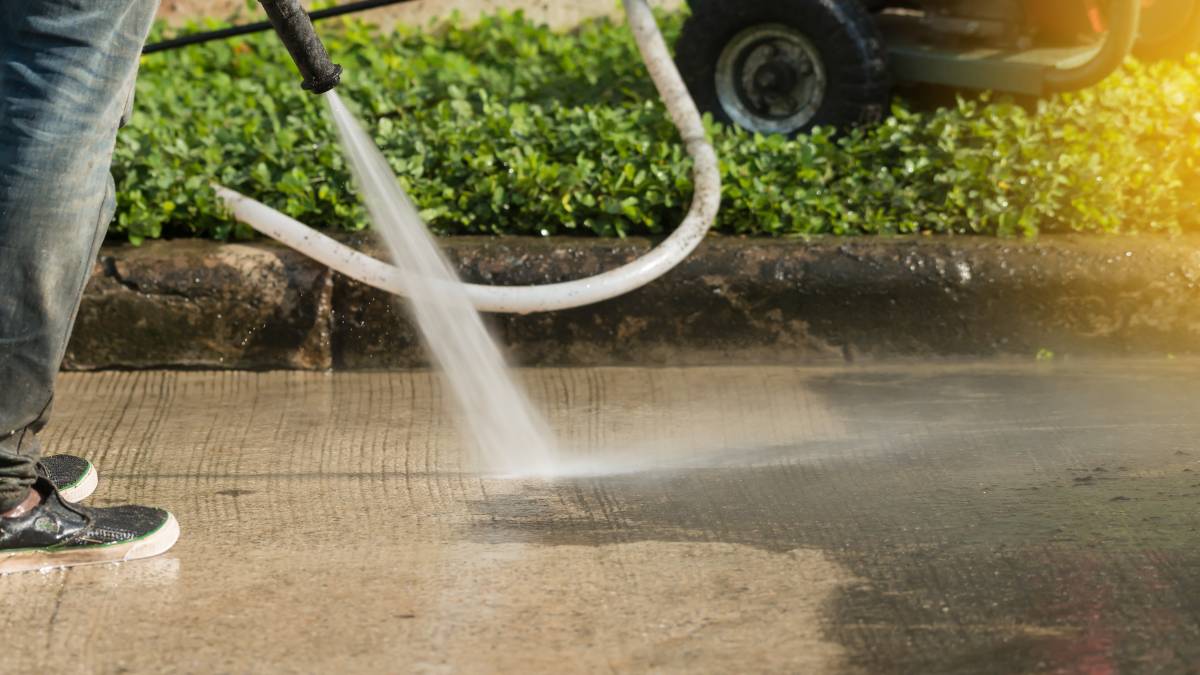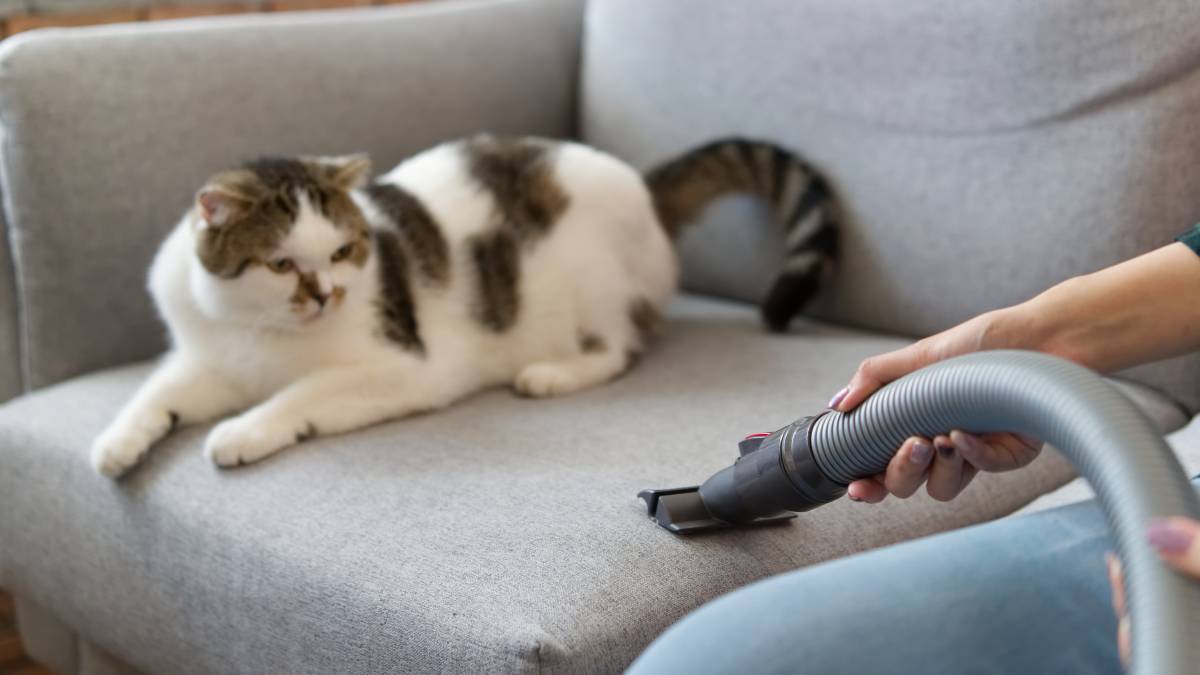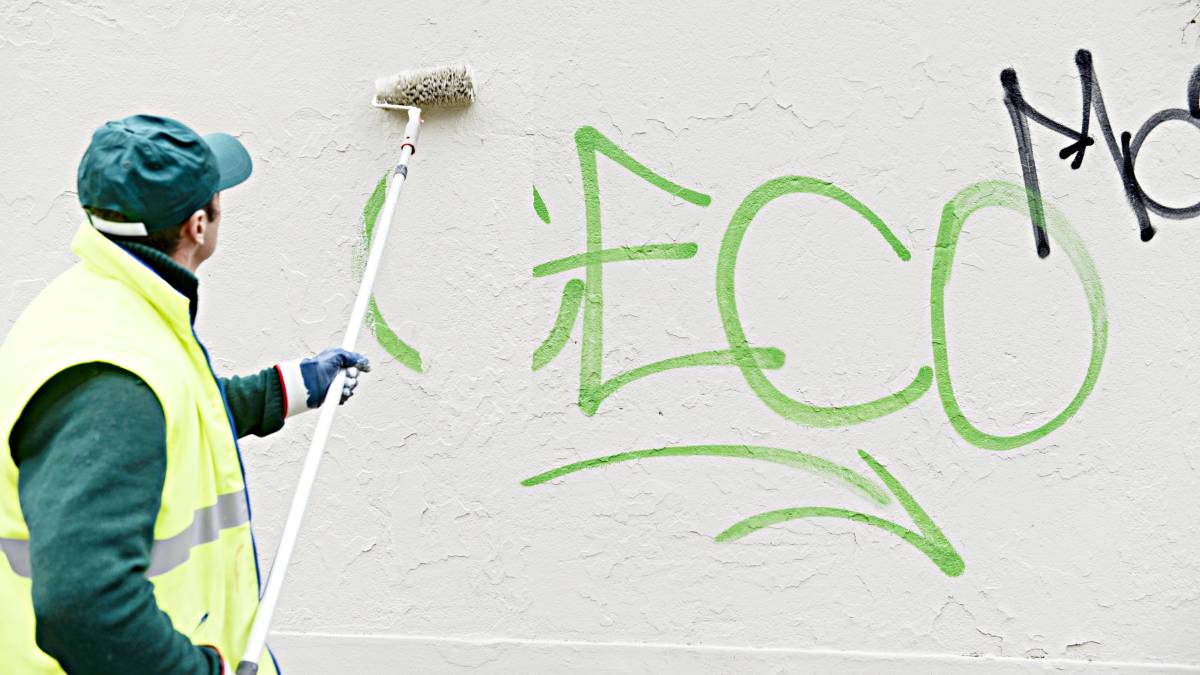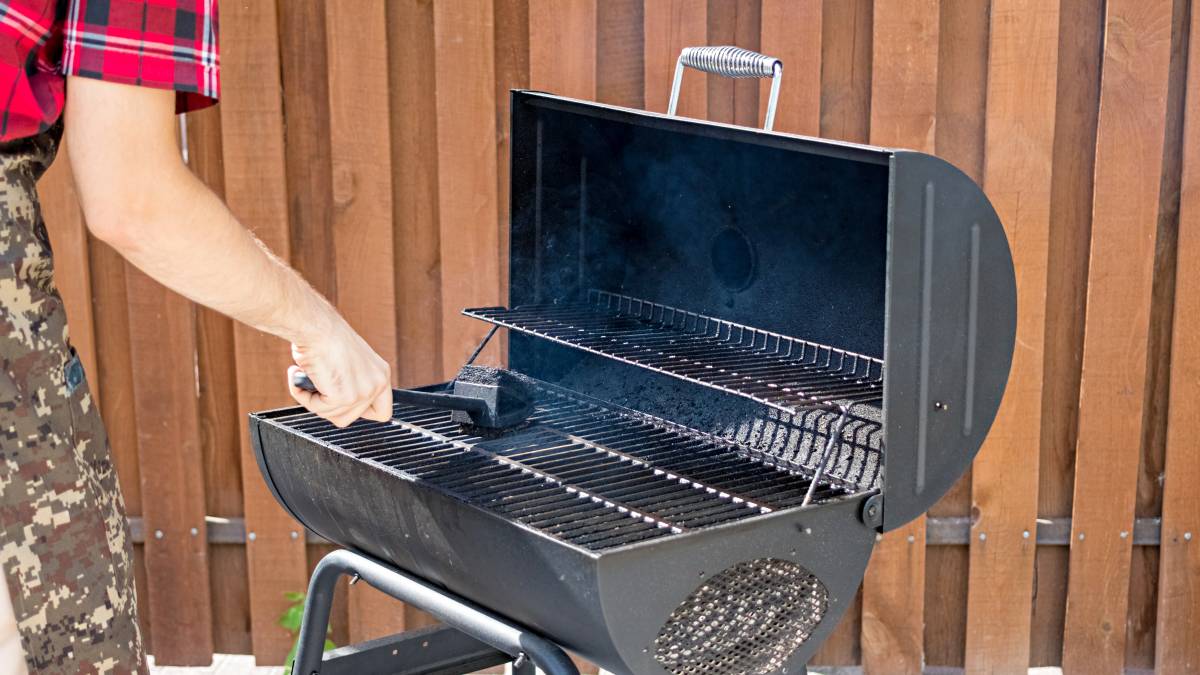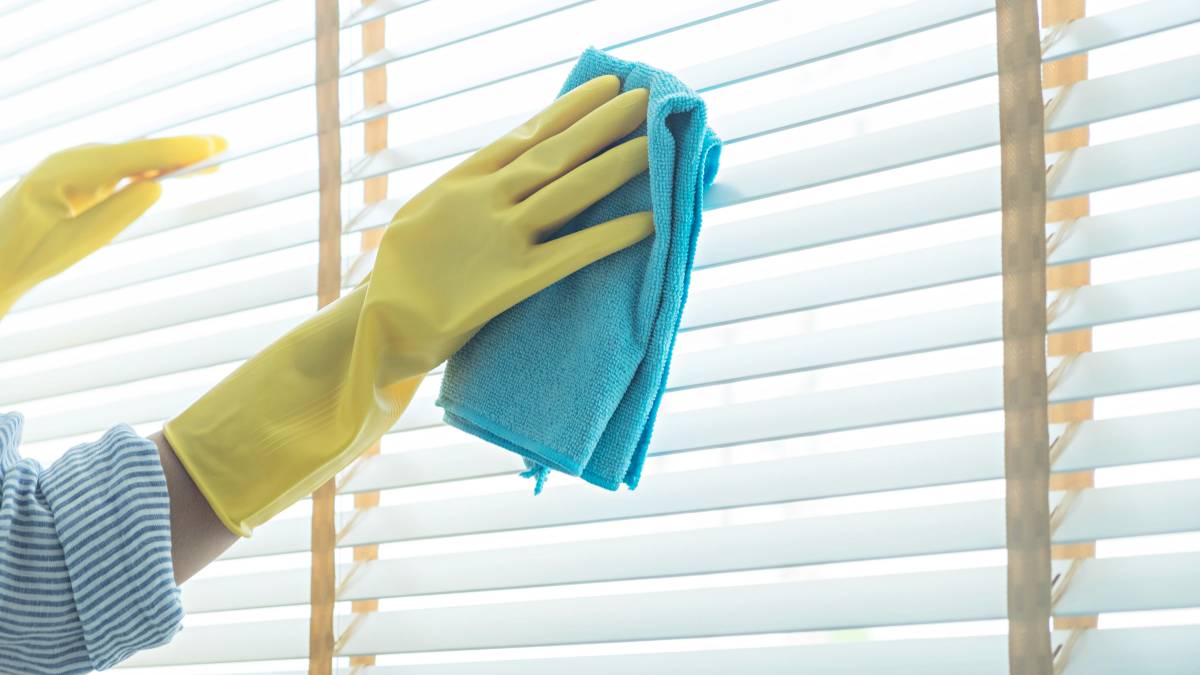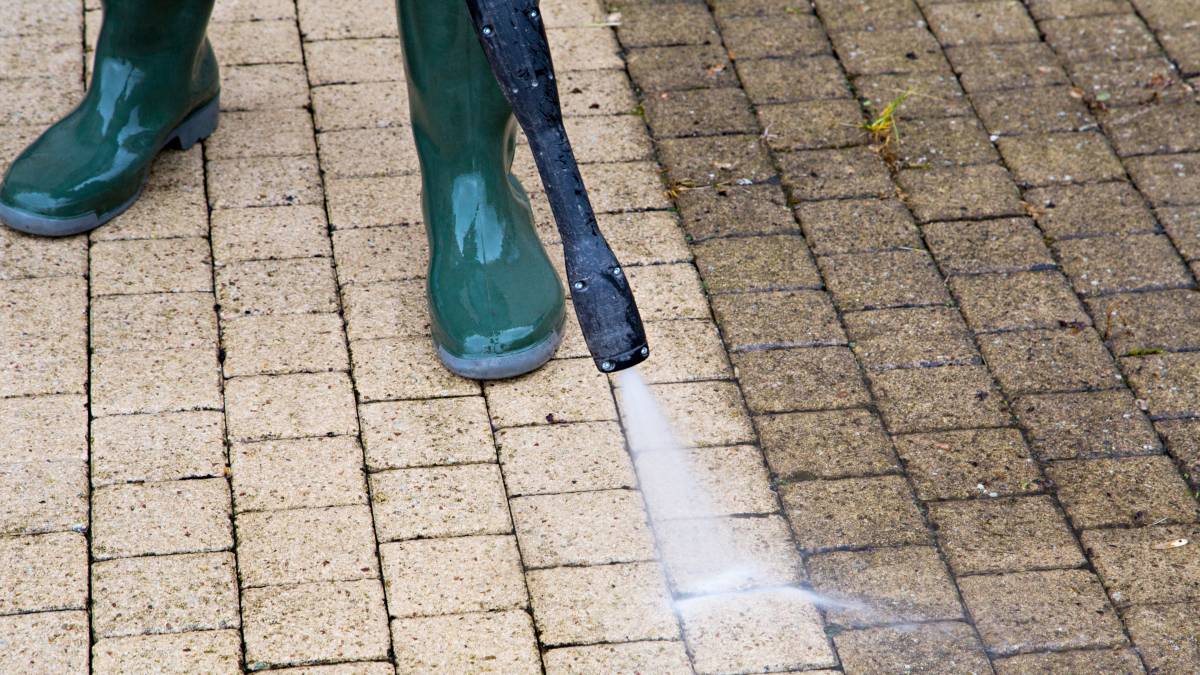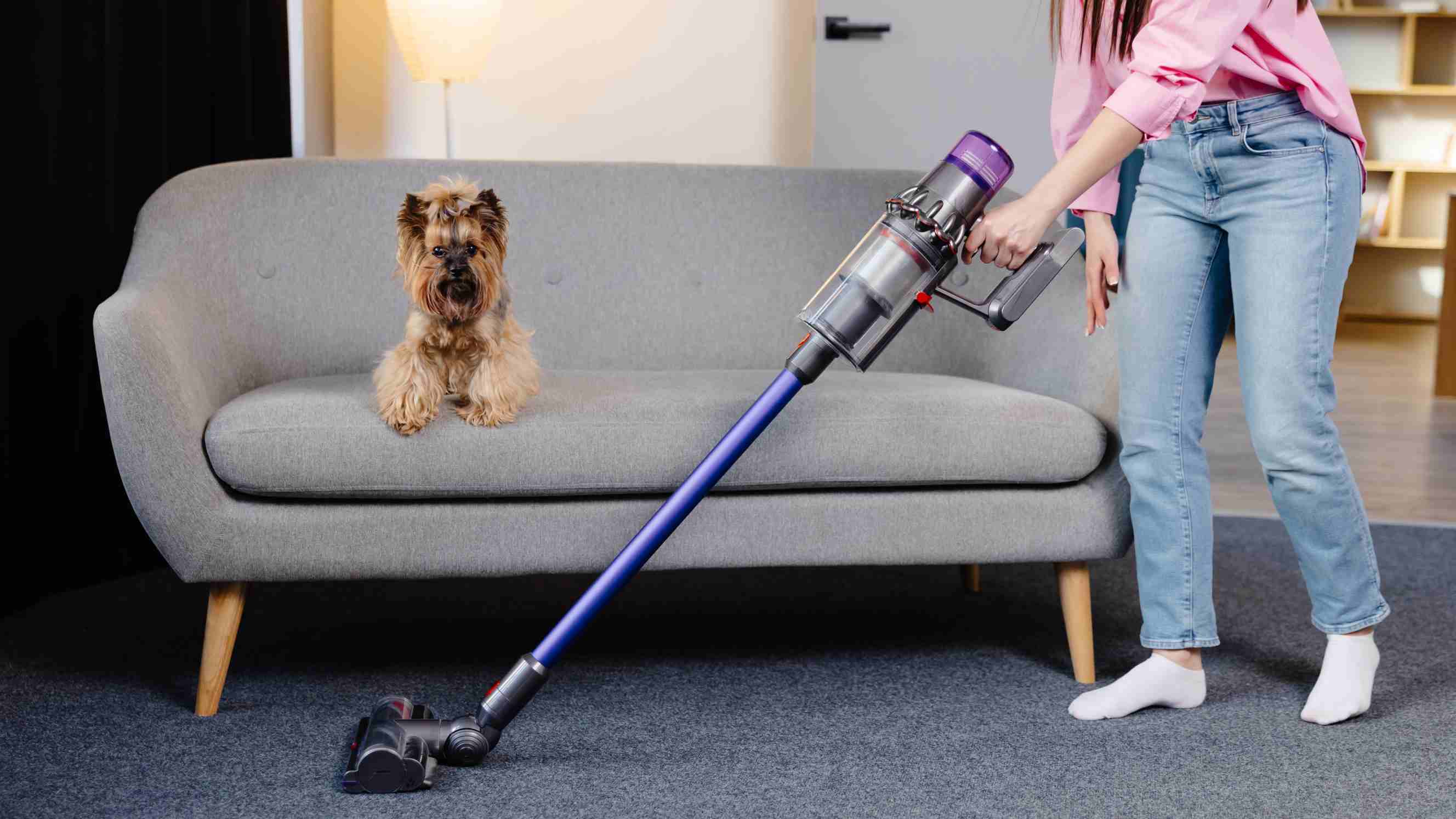
- Home/
- Comparisons/
- Cleaning/
- Bagged vs Bagless Vacuum
Bagged vs. bagless vacuum: Which type is the right choice?
Comparing bagged and bagless vacuums based on their allergy protection, waste disposal, suction power, and more.
Last Updated on
Key Facts
A bagged vacuum uses disposable bags with sealed designs to collect dust and dirt, making them ideal for dust-sensitive homeowners.
A bagless vacuum uses a transparent canister or bin for collecting dust and dirt and for easier monitoring of fill levels.
Shopping for cleaning appliances such as vacuums can be difficult because of the many types available in the market. Because of this, it’s easy to get overwhelmed, so it would help to focus and decide on a specific feature, like whether to get a bagged vs. a bagless vacuum.
What is a bagged vacuum?
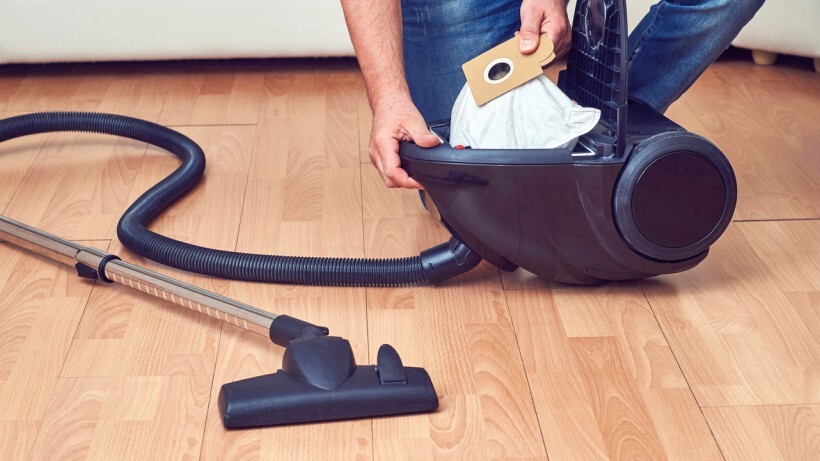
A bagged vacuum cleaner uses a disposable bag to collect dust, dirt, and other allergens. The bag also has a sealed design that can help trap allergens, so it’s perfect for homeowners sensitive to dust. Additionally, you don’t have to replace and dispose of the bag frequently because it has a large capacity.
What is a bagless vacuum? 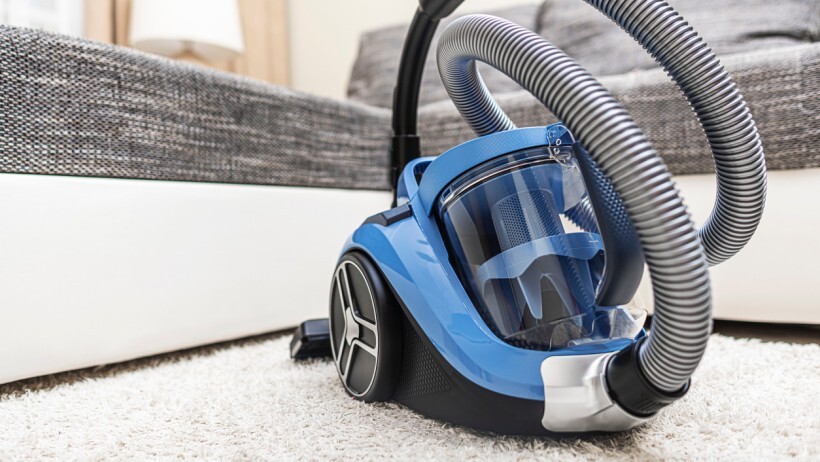
A bagless vacuum cleaner uses a removable bin or canister to collect dust and dirt. It’s convenient to use because the removable canister has a clear and visible appearance, making it easier to see if you need to empty your vacuum cleaner. Moreover, it’s more environmentally friendly because it doesn’t use disposable vacuum bags.
Vacuum cleaner bagless vs. bagged: Which one should you go for?
Choosing between a bag and a bagless vacuum cleaner may be one of the many things you have in mind when shopping for a vacuum cleaner. After all, it’s an essential aspect to consider because this can affect your daily cleaning routine.
That said, here’s a more in-depth comparison guide to explain their differences further so you can easily make an informed decision.
In terms of allergy protection
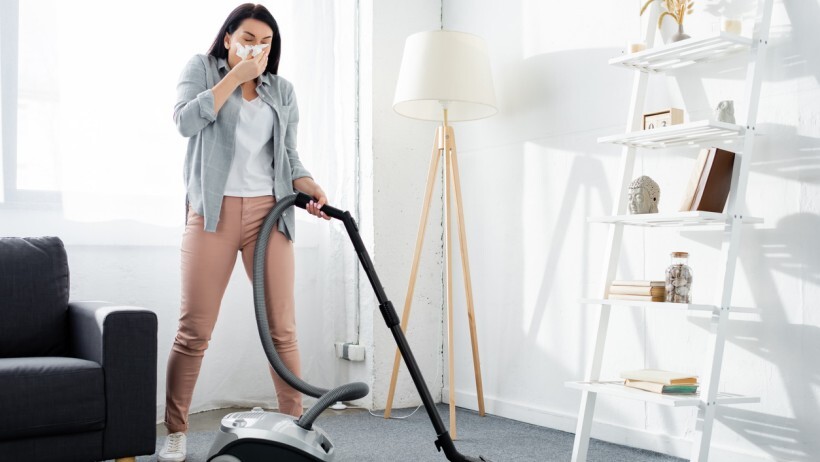
Are you constantly putting off cleaning because the dust triggers your allergy? If that’s the case, choosing vacuum cleaners with bags is best. The disposable bag is more than just a container to collect dust and dirt; it also serves as a sealed container to prevent allergens from escaping into the air.
Some bagless vacuum cleaners also have built-in filters, but remember that it only uses a canister to collect dust instead of a sealed disposable bag. Although all vacuum cleaners can help improve indoor air quality, cleaning the canister of a bagless vacuum can get messy, increasing your exposure to allergens.
In terms of waste disposal
When it comes to waste disposal, both bag and bagless vacuum cleaners are relatively easy to handle. For bagged vacuum cleaners, you only have to remove the bag from the vacuum machine and throw it right into the trash can. Although convenient, this can contribute to growing landfill waste as you may frequently have to replace and dispose of the bag once it’s full.
A vacuum cleaner without a bag is a more sustainable choice because you only have to dispose of the contents of its dustbin. Plus, it has a clear, transparent bin, so you’ll quickly know when it’s full and needs to be emptied.
In terms of suction power
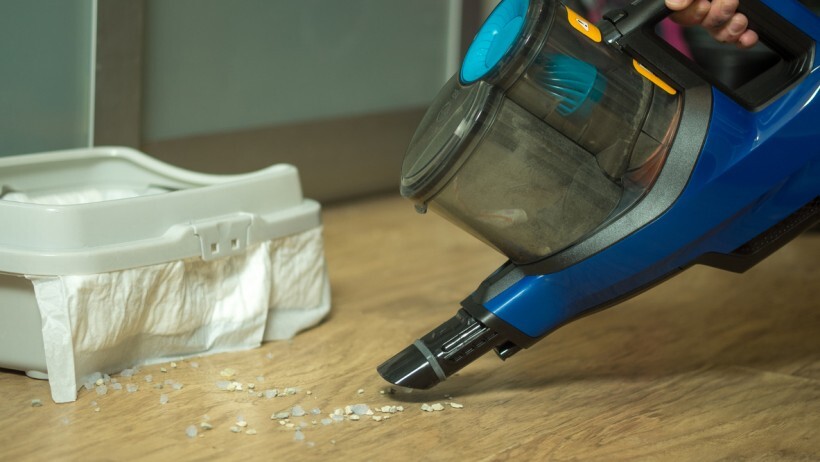
Both vacuum cleaners’ suction power depends on their disposal systems. Simply put, if their bag or canister is full, then their suction power will most likely decrease.
Even though this is the case, bagged vacuum cleaners still have an edge over bagless models because their bags have pores that allow air to flow while trapping dust particles. This helps the vacuum machine to maintain a consistent suction power.
On the flip side, since bagless vacuums lack replacement bags, dust and debris can get stuck on the filters, affecting their suction power.
In terms of filtration
Both have a reliable filtration system, like a standard wet and dry vacuum cleaner. However, bagged vacuum cleaners have an advantage because their disposable bags also act as a filter to catch dirt, dust, and allergens.
Moreover, most bagged vacuums come with HEPA filters that can trap fine particles, which is one of the reasons why many homeowners use them for carpet cleaning.
Although some bagless vacuum cleaners also have HEPA filtration, you may find them less effective in filtering dirt and dust because, as mentioned earlier, allergens can still escape when cleaning the canister and disposing of its contents in the trash bin.
In terms of maintenance
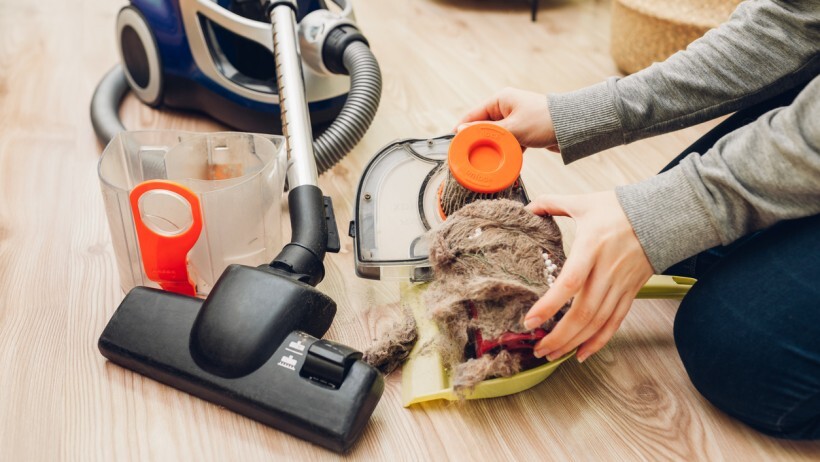
Maintaining a bagged vacuum is easier than a bagless one because it uses a disposable bag. You just have to remove the bag from the vacuum machine and throw it in the trash can.
Additionally, you don’t have to replace the filters of a bagged vacuum often. The bag acts as a protective barrier between the collected debris and the vacuum’s filtration parts, helping prolong the life of the filters.
Meanwhile, you may have to regularly clean the filters for a bagless vacuum cleaner to prevent them from clogging and maintain efficient suction power. Not to mention, cleaning its dustbin can be messy and inconvenient compared to replacing a bag.
In terms of cost
The price of bagged and bagless vacuums depends on their brand and features. For example, the cost can significantly vary if it has other features like corded or cordless vacuums. But, between the two, bagless vacuum cleaners are more cost-effective because you don’t have to buy replacement bags frequently, which can be costly in the long run.
Just keep in mind that the filters of bagless vacuums require periodic replacement. This can add to the overall cost of owning one.
Streamline your vacuuming chores with Airtasker
Even if you already have a bag or bagless vacuum cleaner at home, vacuuming yourself can still take much of your time. Let cleaning experts handle this menial chore for you! At Airtasker, you can find and hire experts providing vacuum cleaning services so you can dedicate your time to other meaningful tasks.
Bagged vs. bagless vacuum
| Bagged Vacuum |
Bagless Vacuum |
|
| Allergy Protection |
Provides better allergen protection due to its sealed bag design |
Provides less allergen protection since it requires you to cleaning its canister after use, allowing dust to escape |
| Waste Disposal |
Convenient to clean, but disposable bags contribute to landfill waste |
Also convenient to clean and more environmentally friendly |
| Suction Power |
Consistent suction power due to airflow through disposable bags |
Can suffer from reduced suction power due to filter clogs |
| Filtration |
More effective filtration system as it has HEPA filters & disposable bags |
Filters are less effective due to the messy dustbin cleaning |
| Maintenance |
Easier maintenance with disposable bags |
Requires more maintenance as filters need frequent cleaning |
| Cost |
Less cost-effective due to the need of frequently buying disposable bags |
More cost-effective since you don’t have to buy disposable bags |
FAQs on bagged and bagless vacuum
Yes, you can use a vacuum without a bag since this type usually comes with canisters or bins to collect dust. However, remember that it requires more maintenance as you must periodically replace their filters.
No, you can’t put a bag in a bagless vacuum cleaner because they don’t have the compartment to accommodate a bag.
A wet and dry vacuum is a versatile cleaning tool that can help clean both indoor and outdoor surfaces. It can pick up dust, dirt, and other debris as well as tackle wet spills.
Find cleaning services, fast
Post a task
Related articles
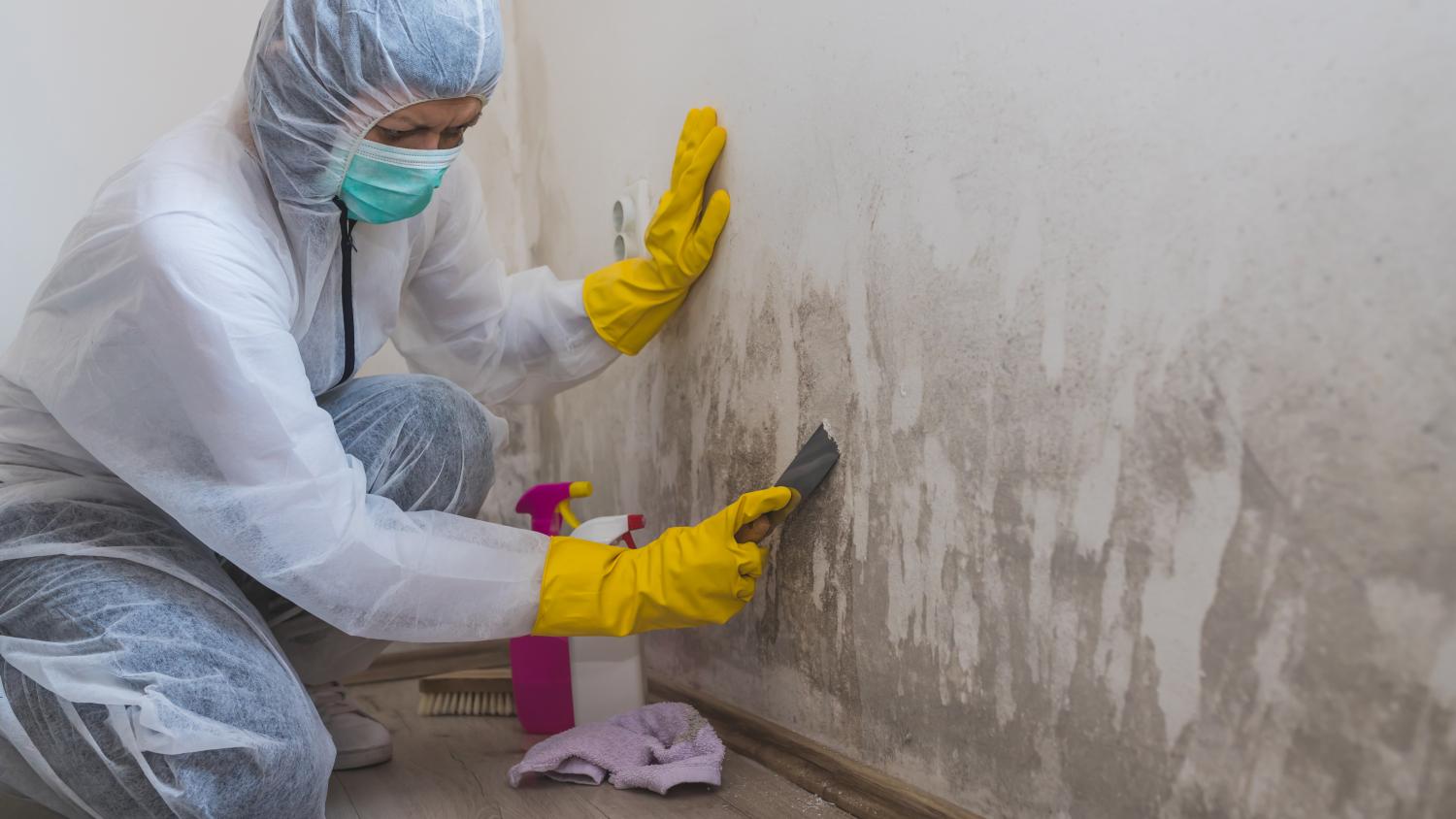
How to get rid of mold at home
Read more
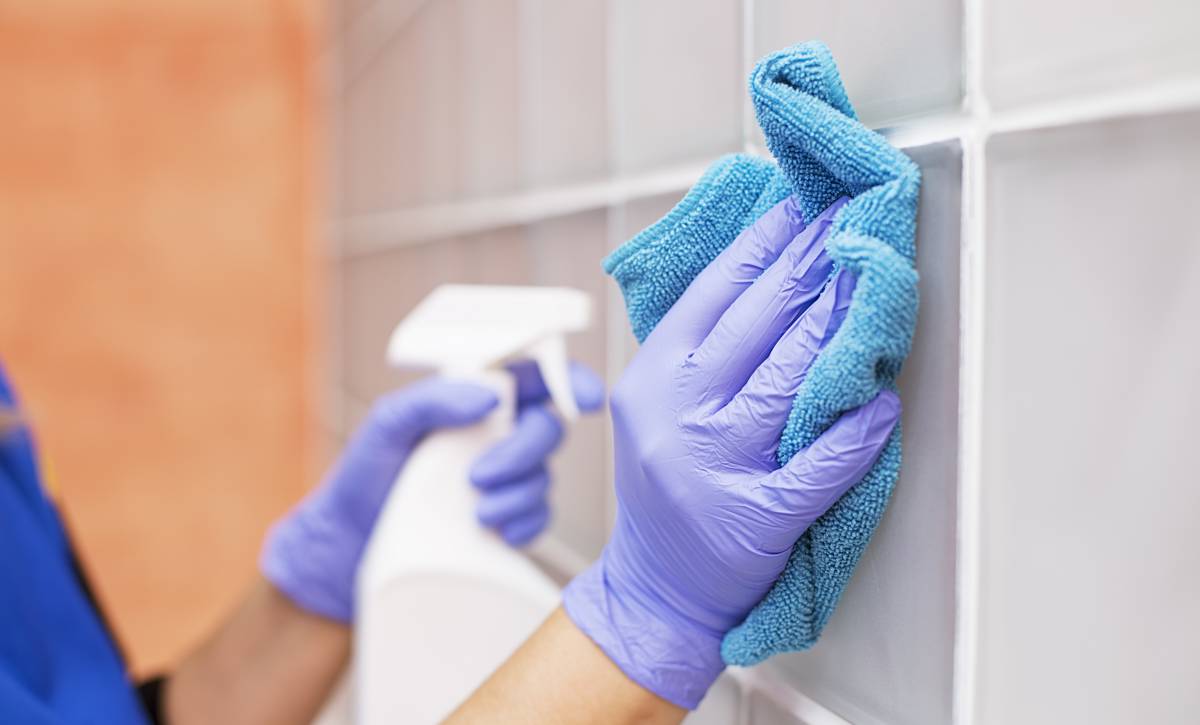
How to get cleaning jobs
Read more

How to price pressure washing jobs
Read more

How to get cleaning certification
Read more
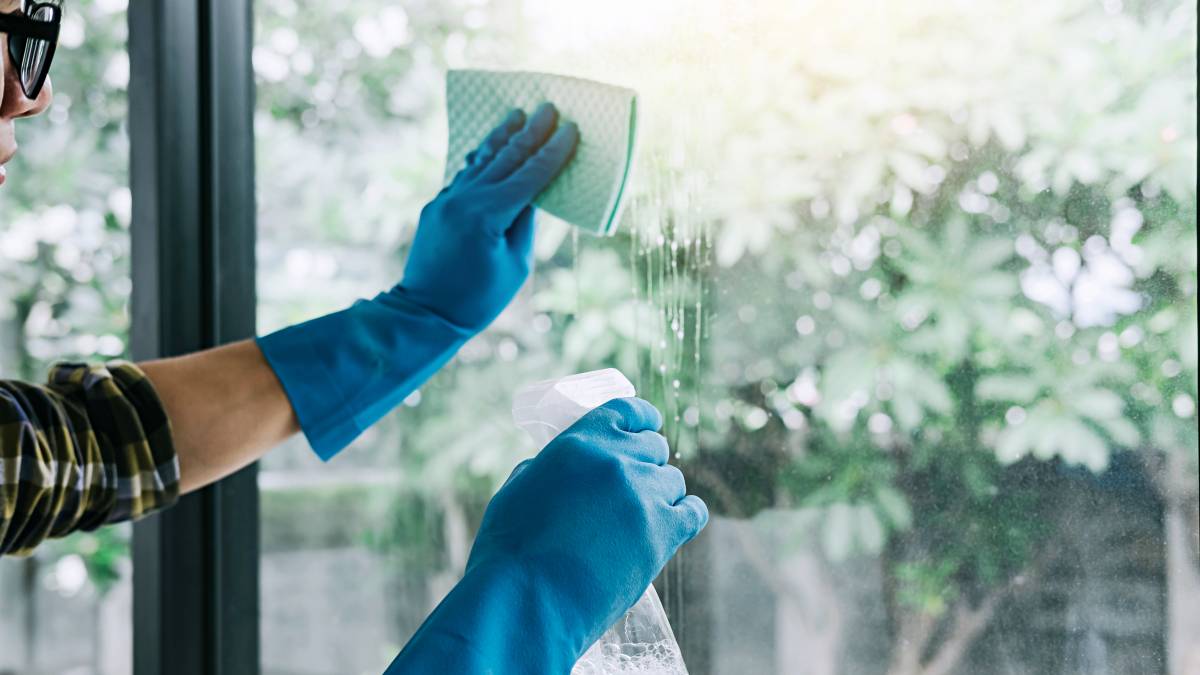
How to price cleaning jobs
Read more
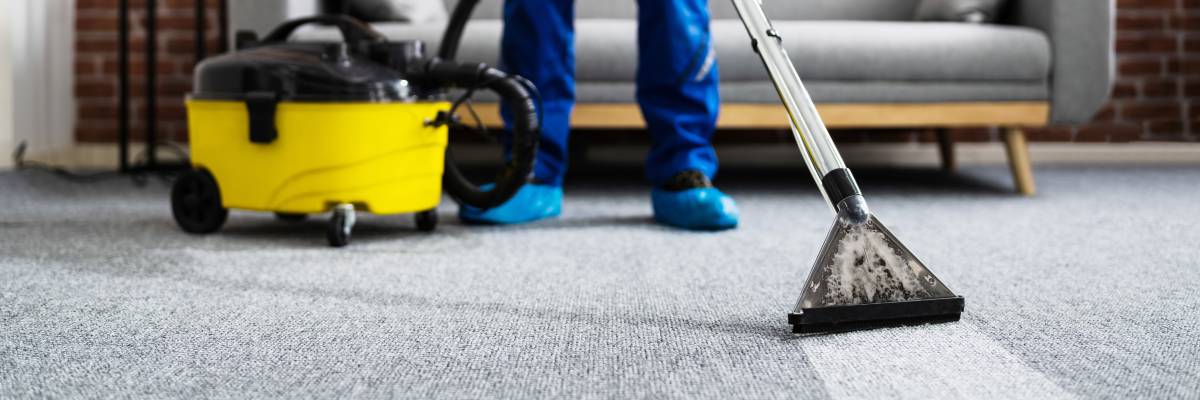
How to become a housekeeper
Read more
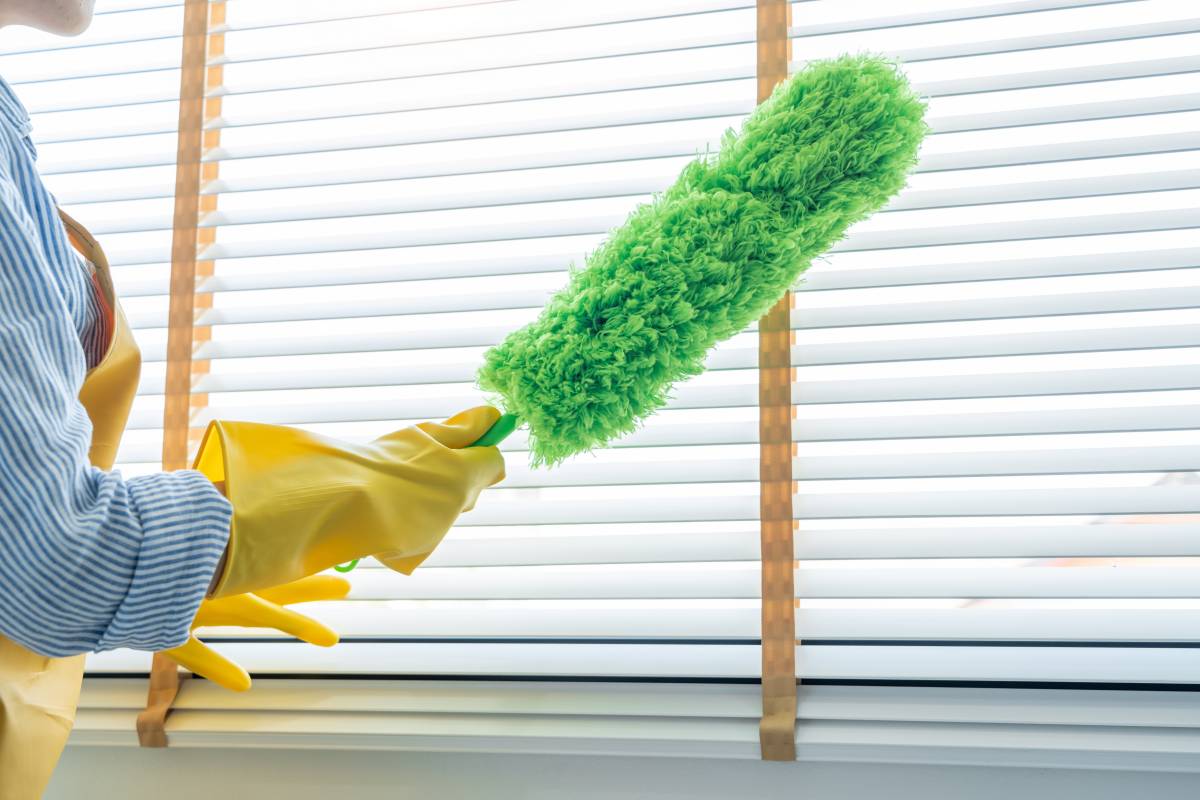
How to clean a duster
Read more
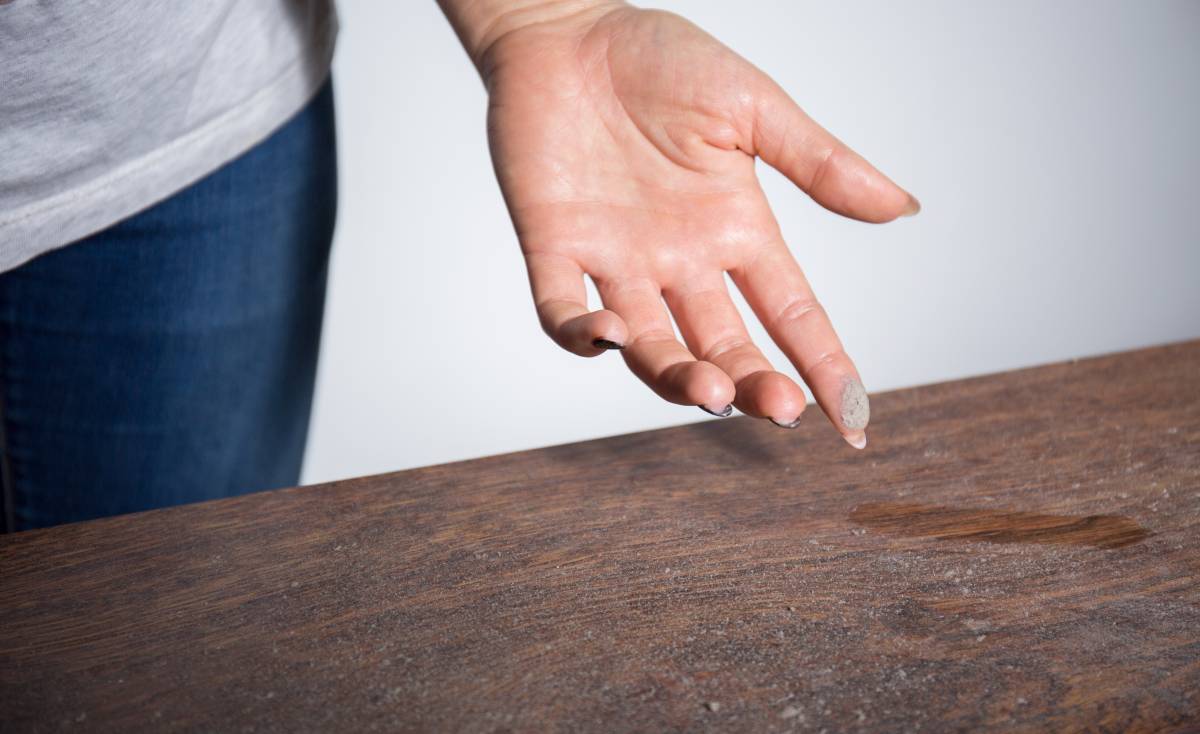
How to get rid of dust in your home
Read more
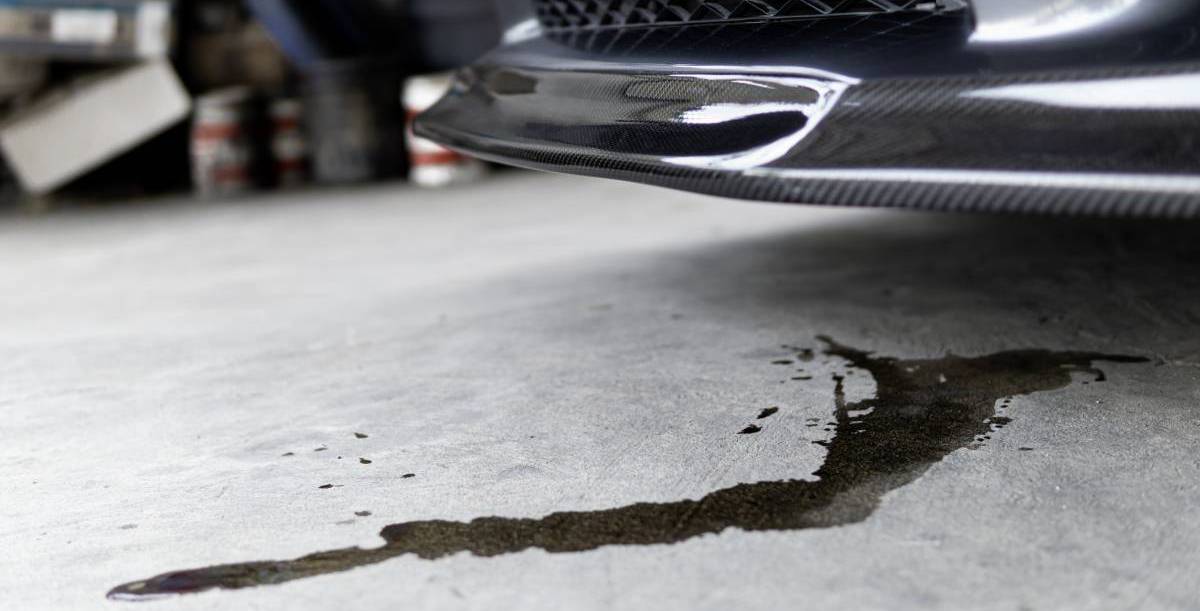
How to clean a garage floor
Read more

Move out cleaning checklist
Read more

The ultimate spring cleaning checklist
Read more
Related price pages

Average price of move out cleaning
Read more
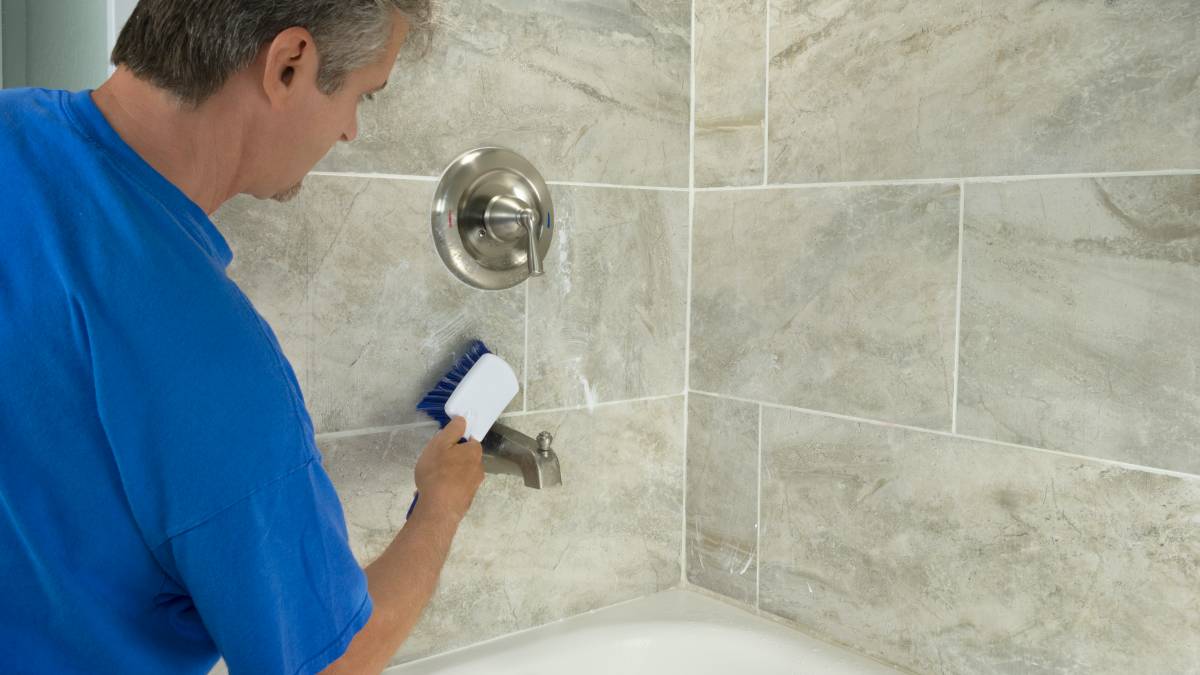
How much does tile cleaning cost?
Read more
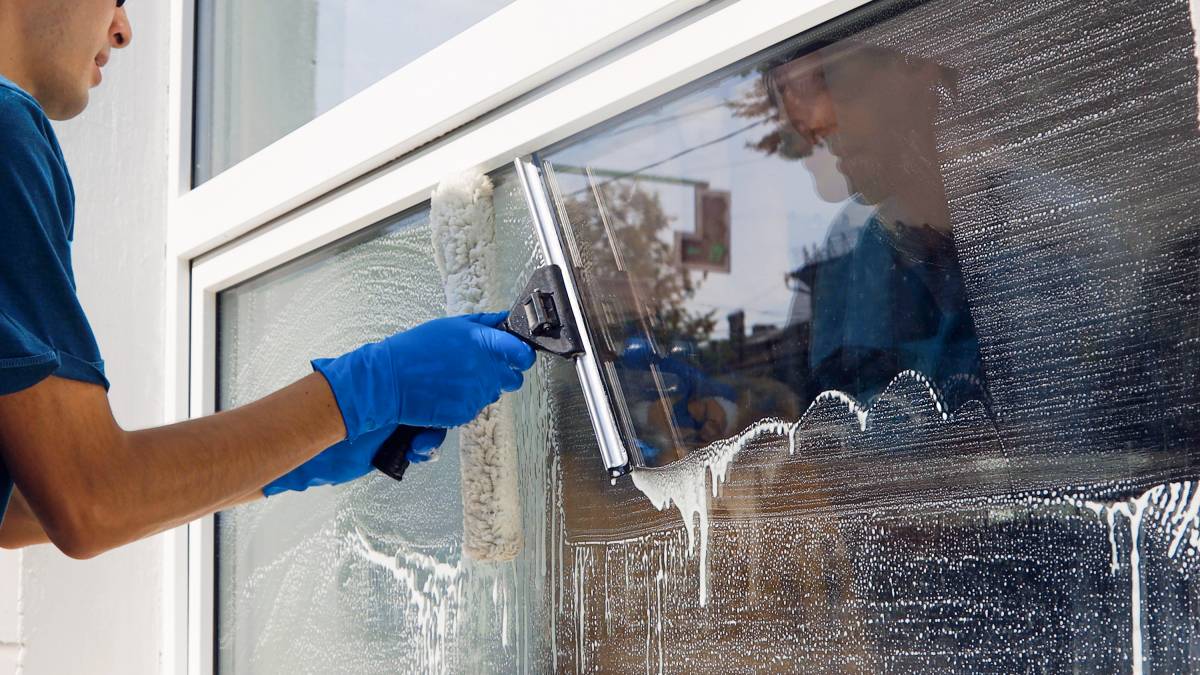
How much does a cleaner cost?
Read more

How much does office cleaning cost?
Read more
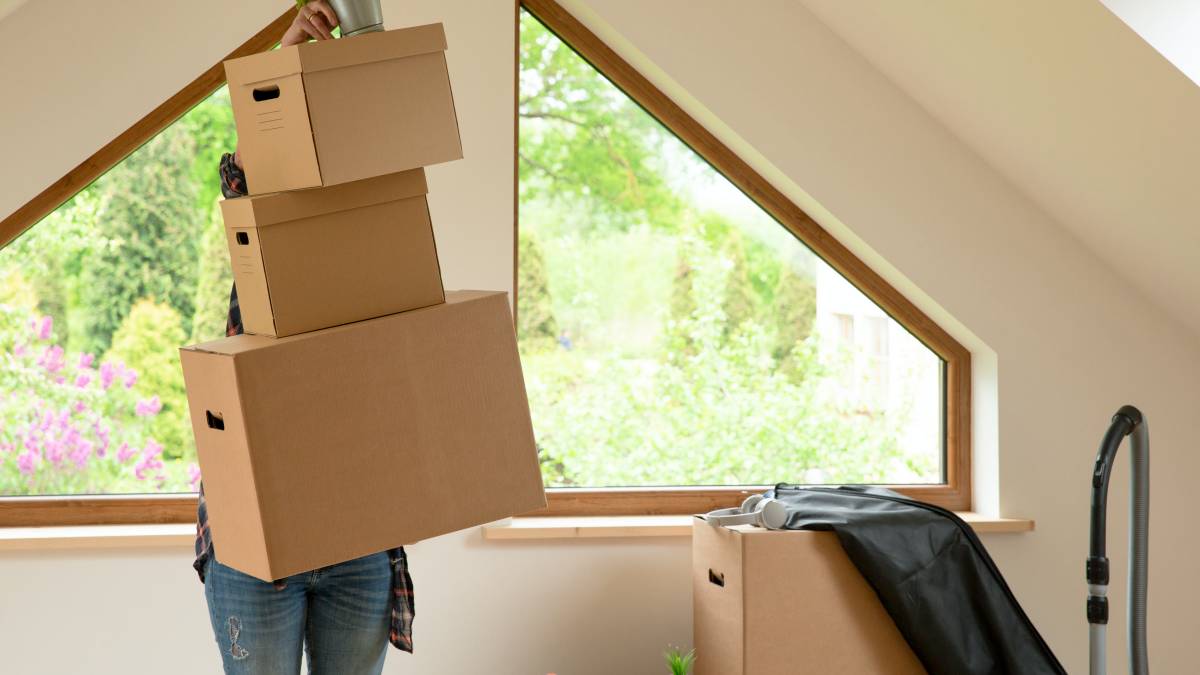
How much does attic cleaning cost?
Read more

How much does floor cleaning cost?
Read more
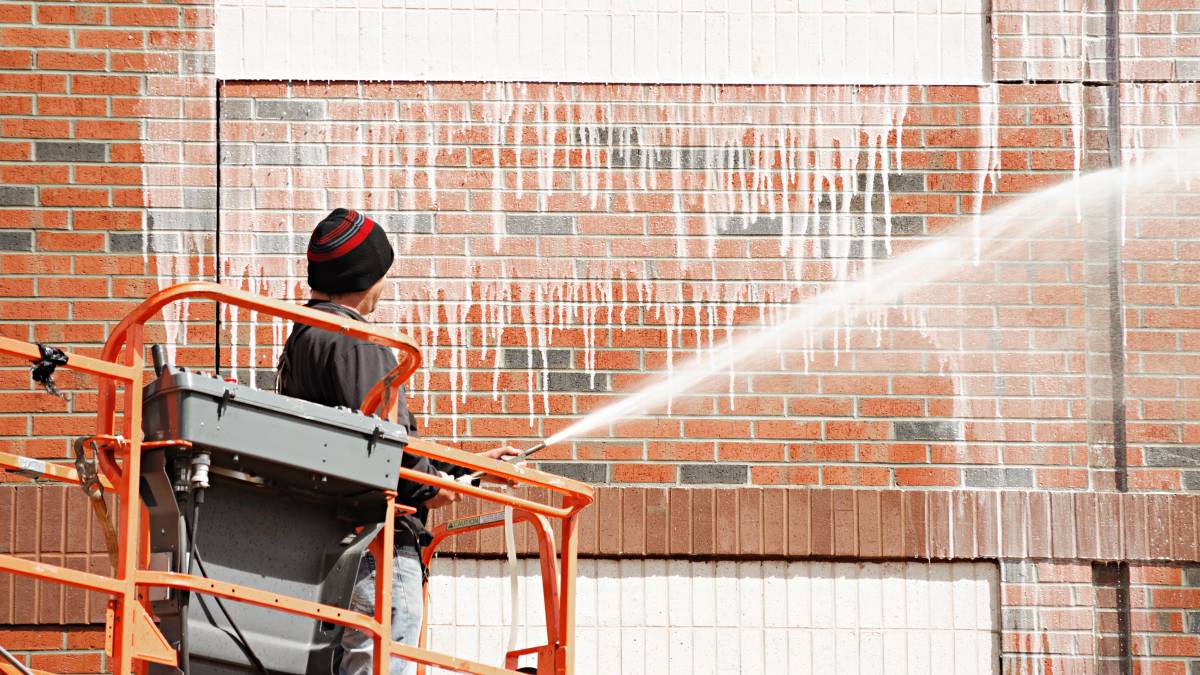
How much does brick cleaning cost?
Read more
